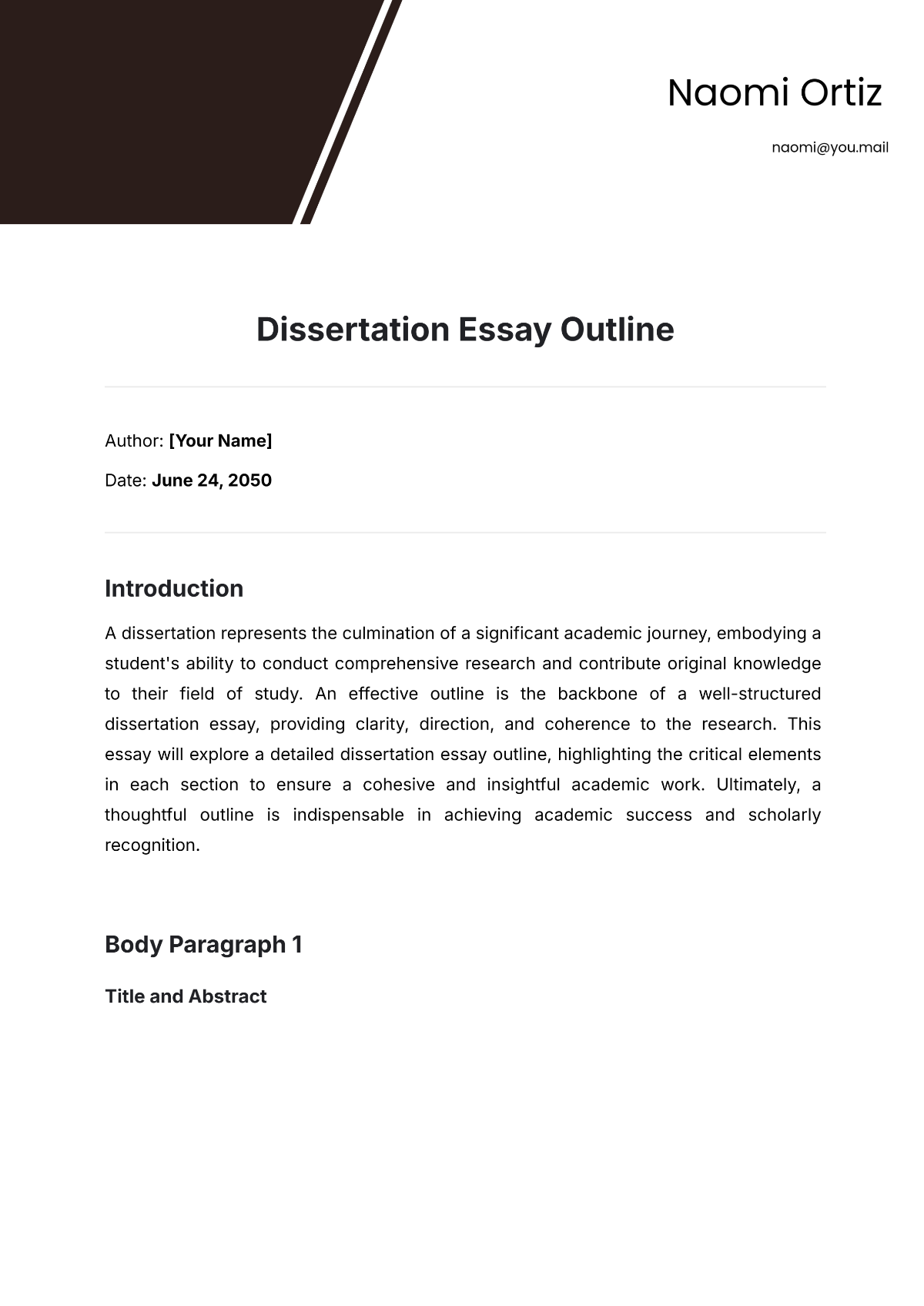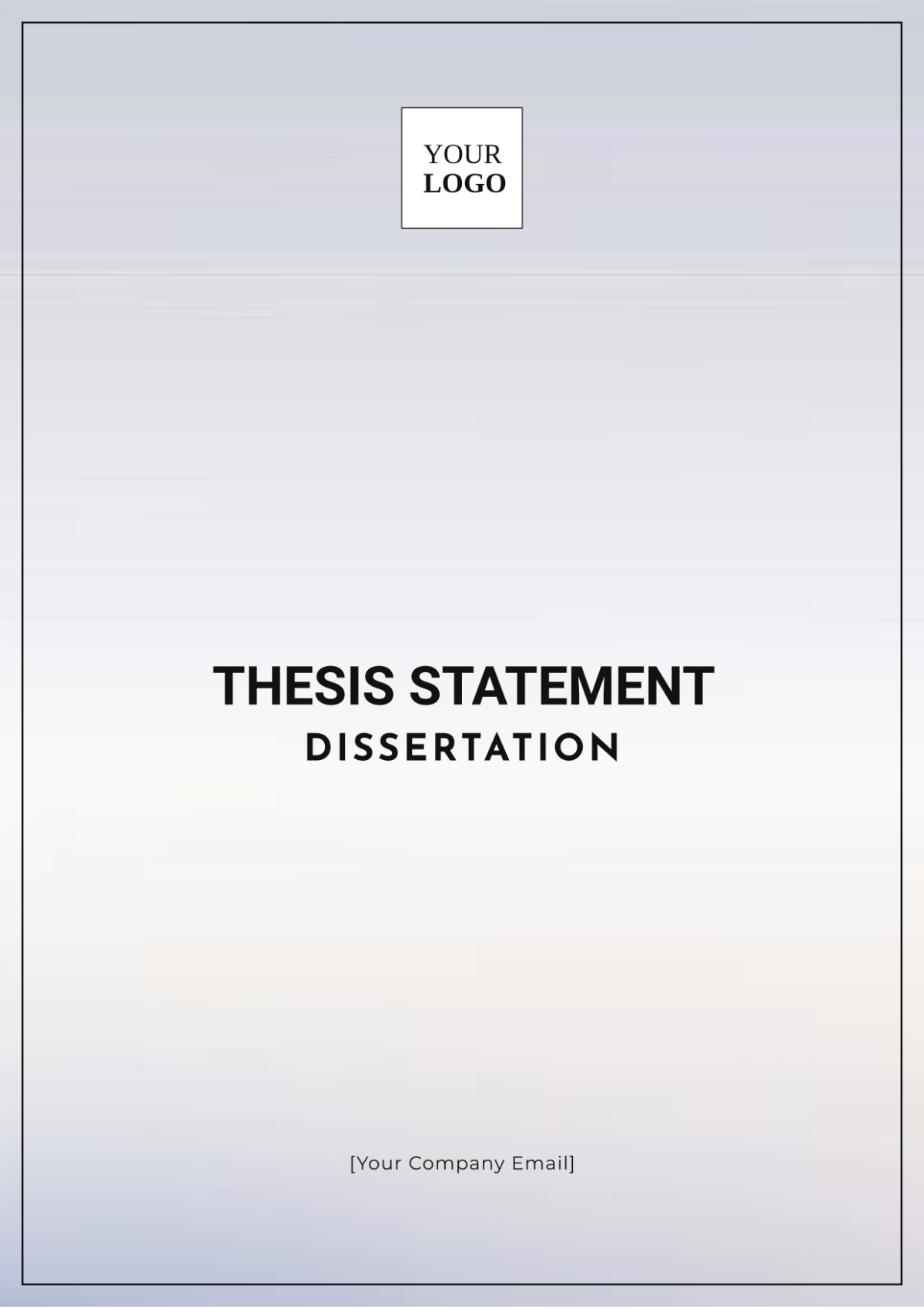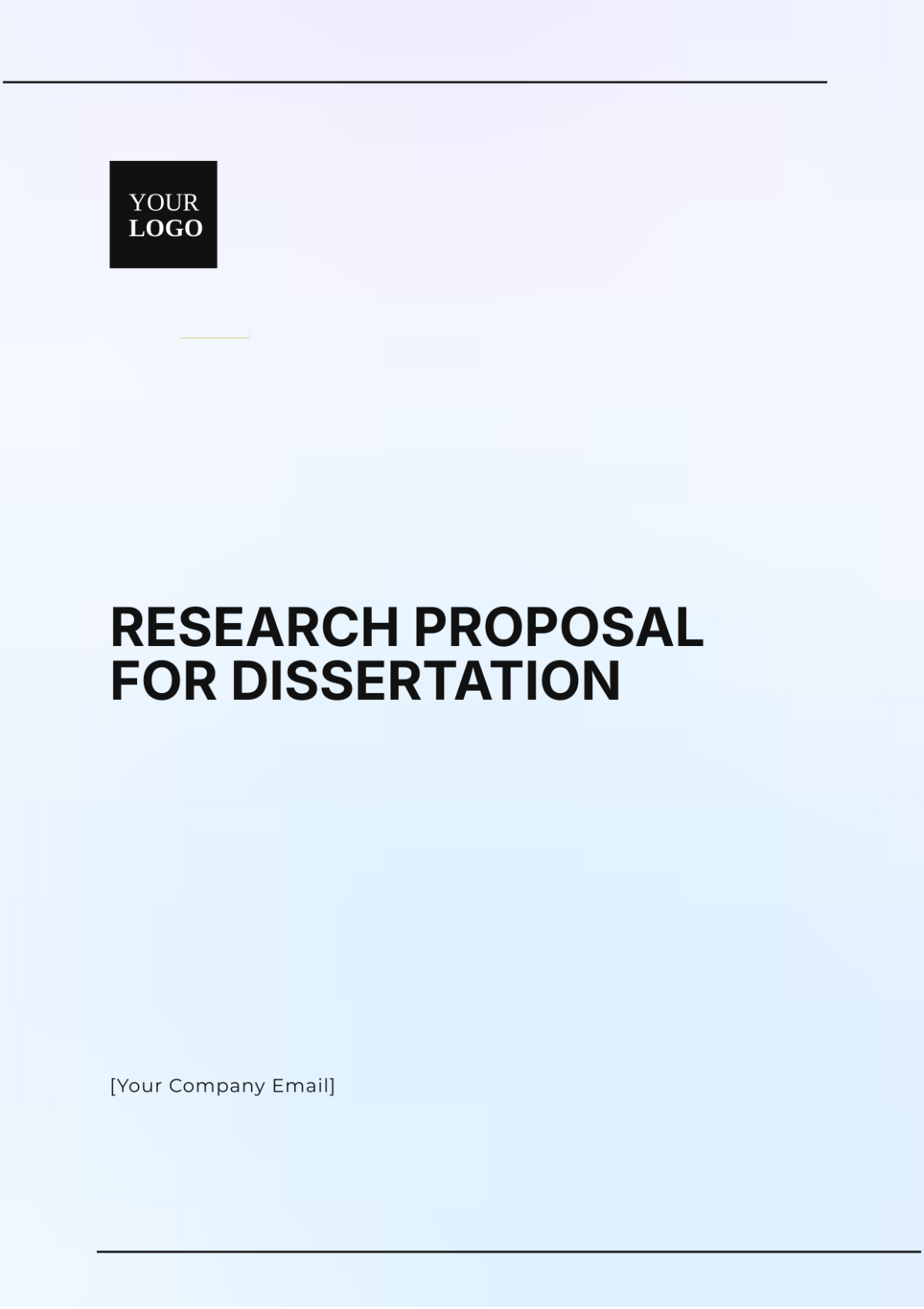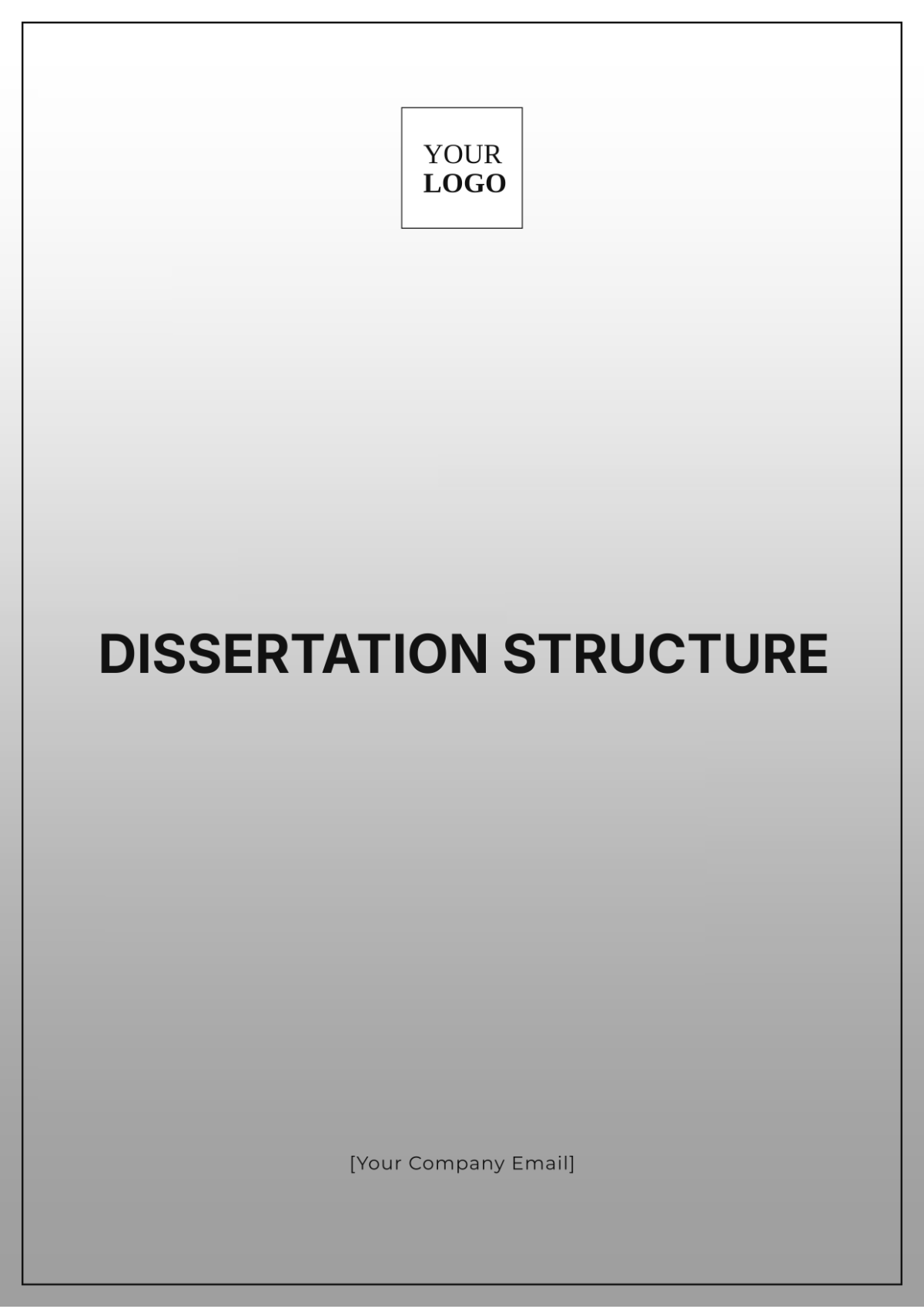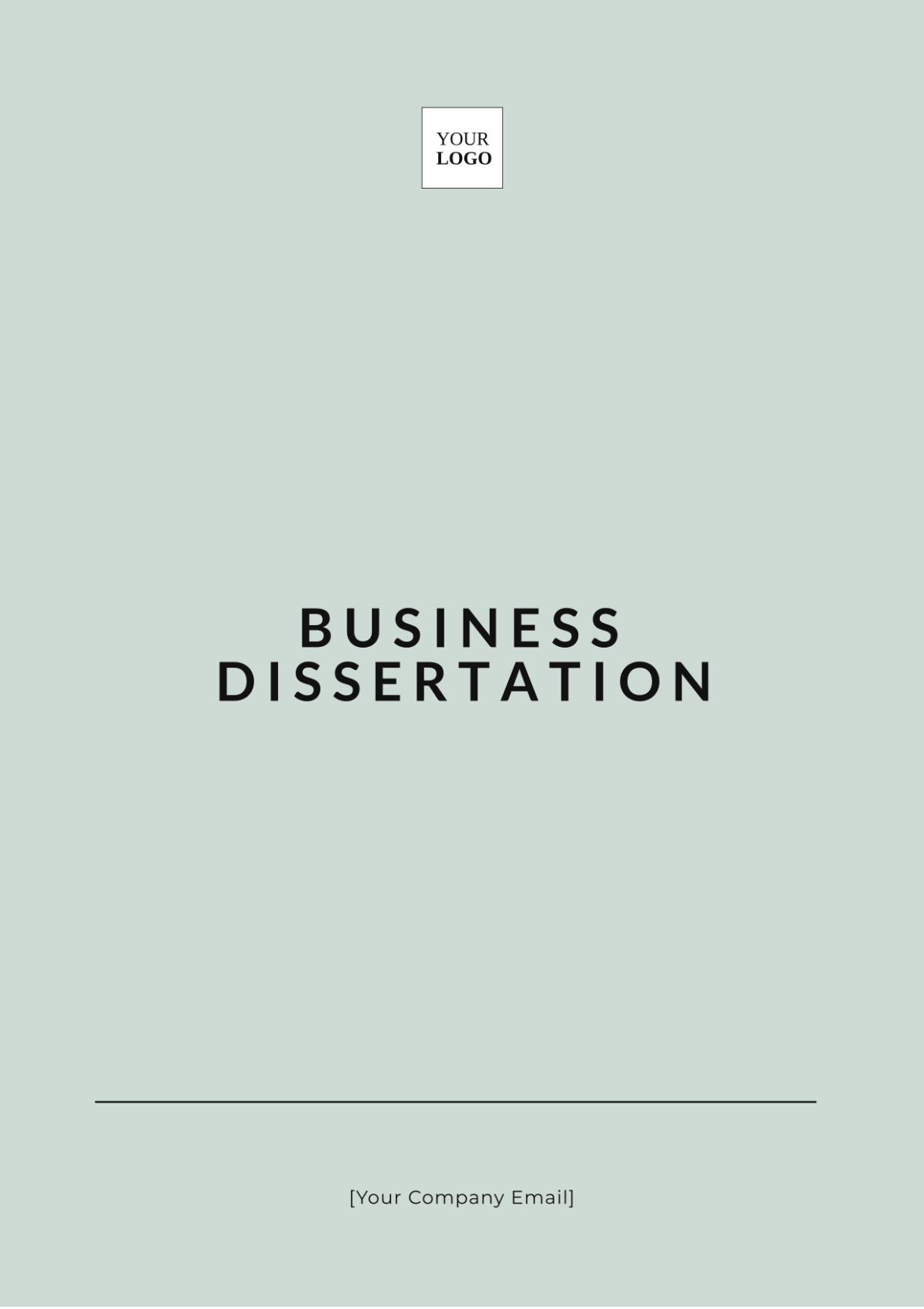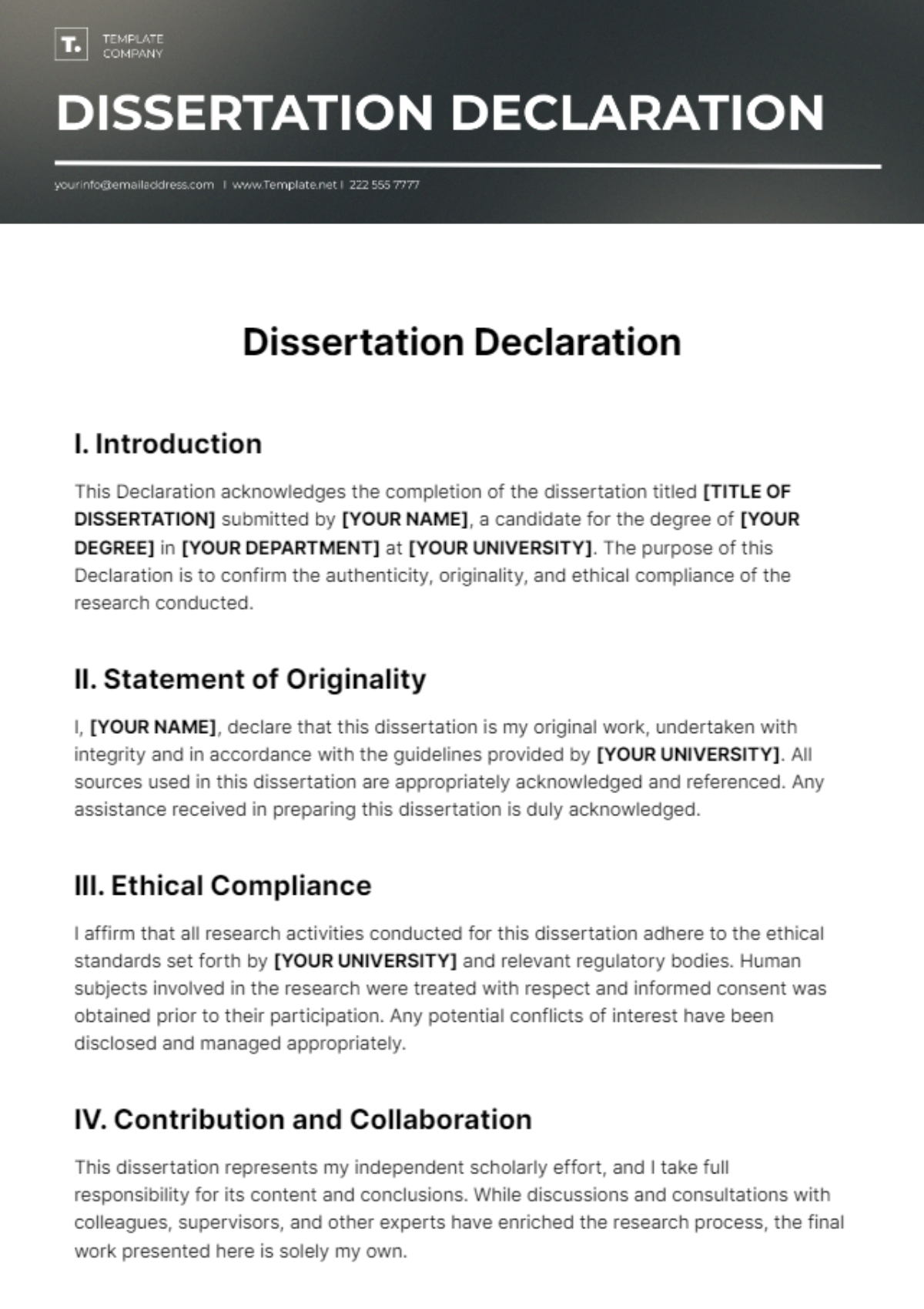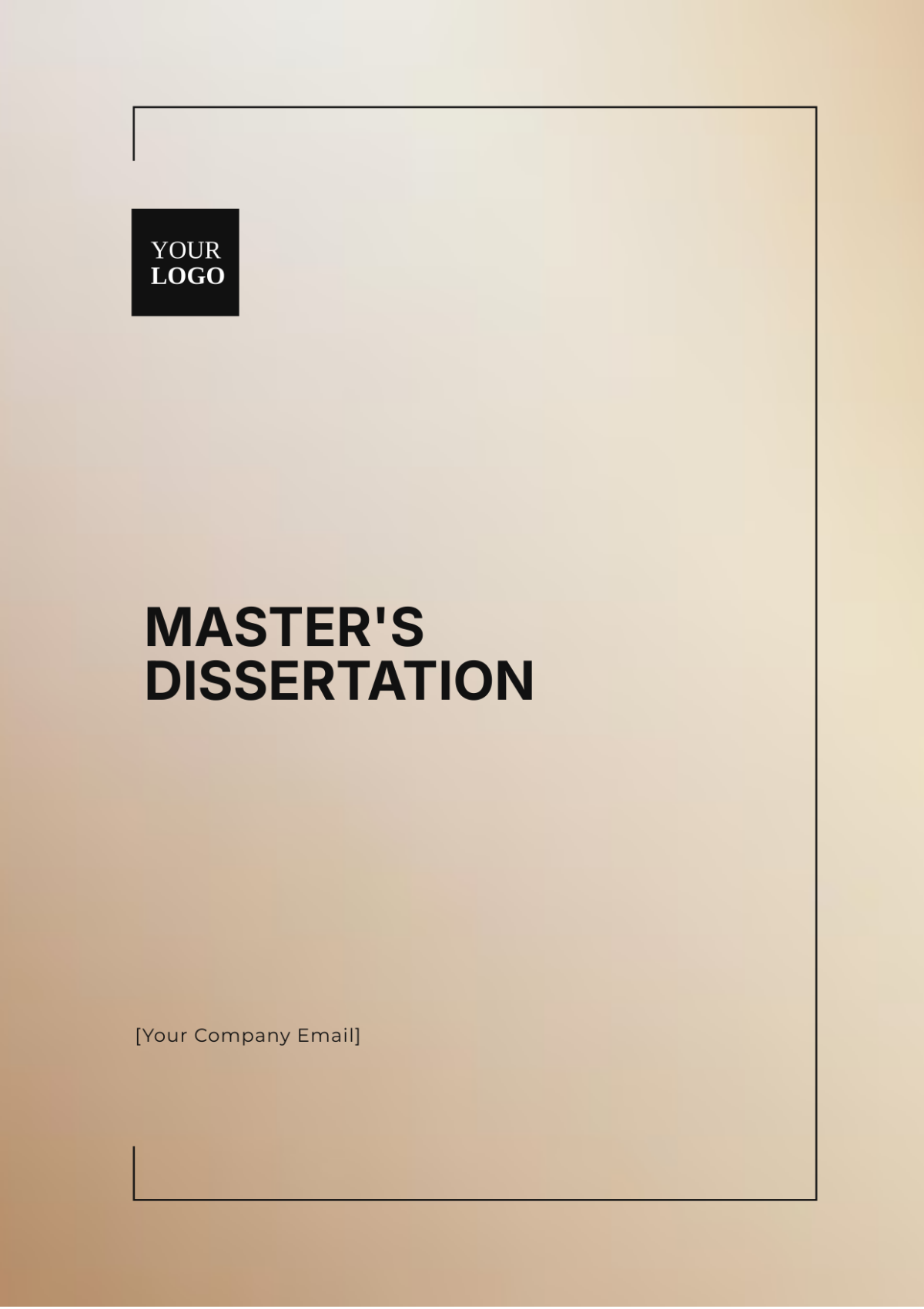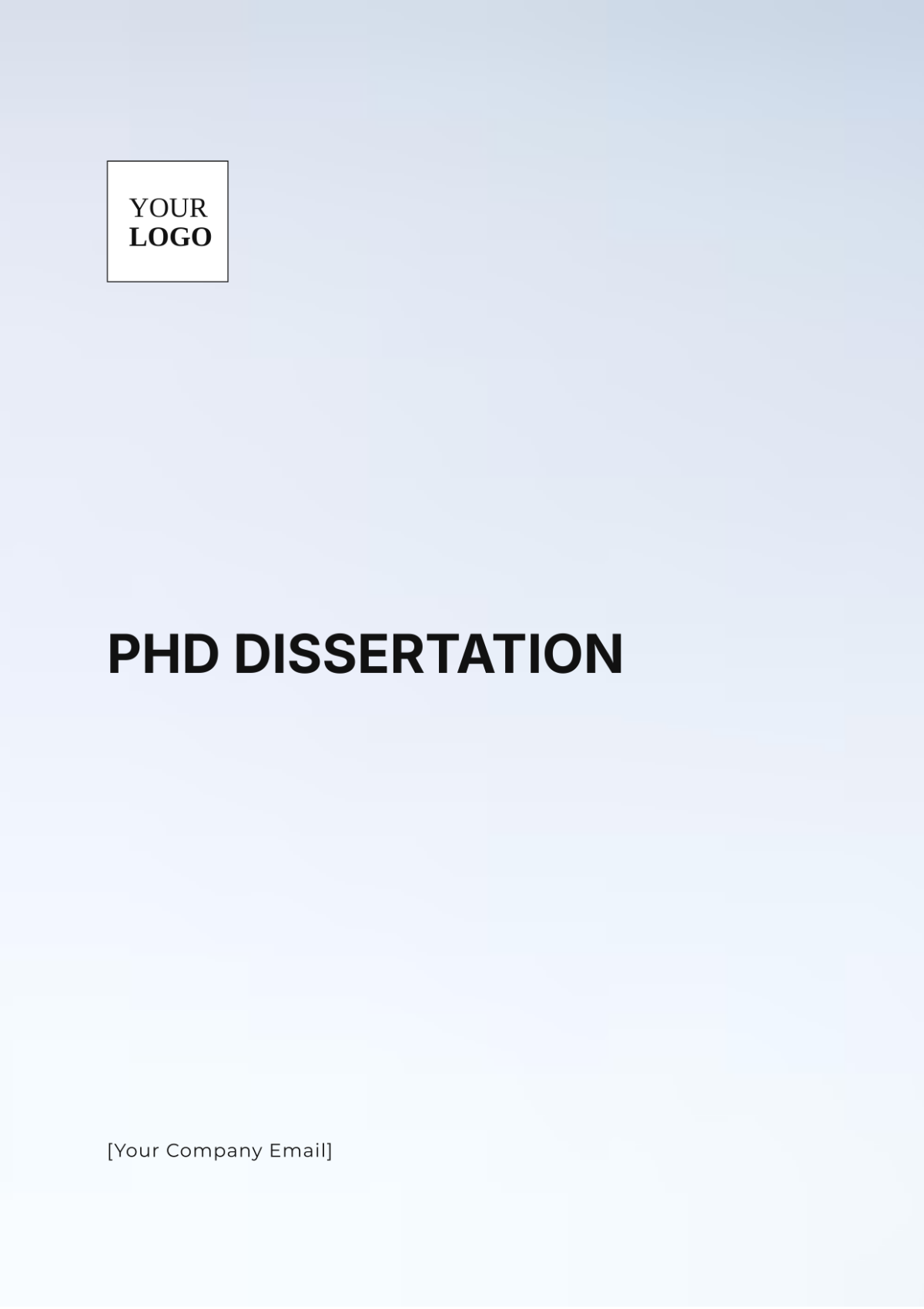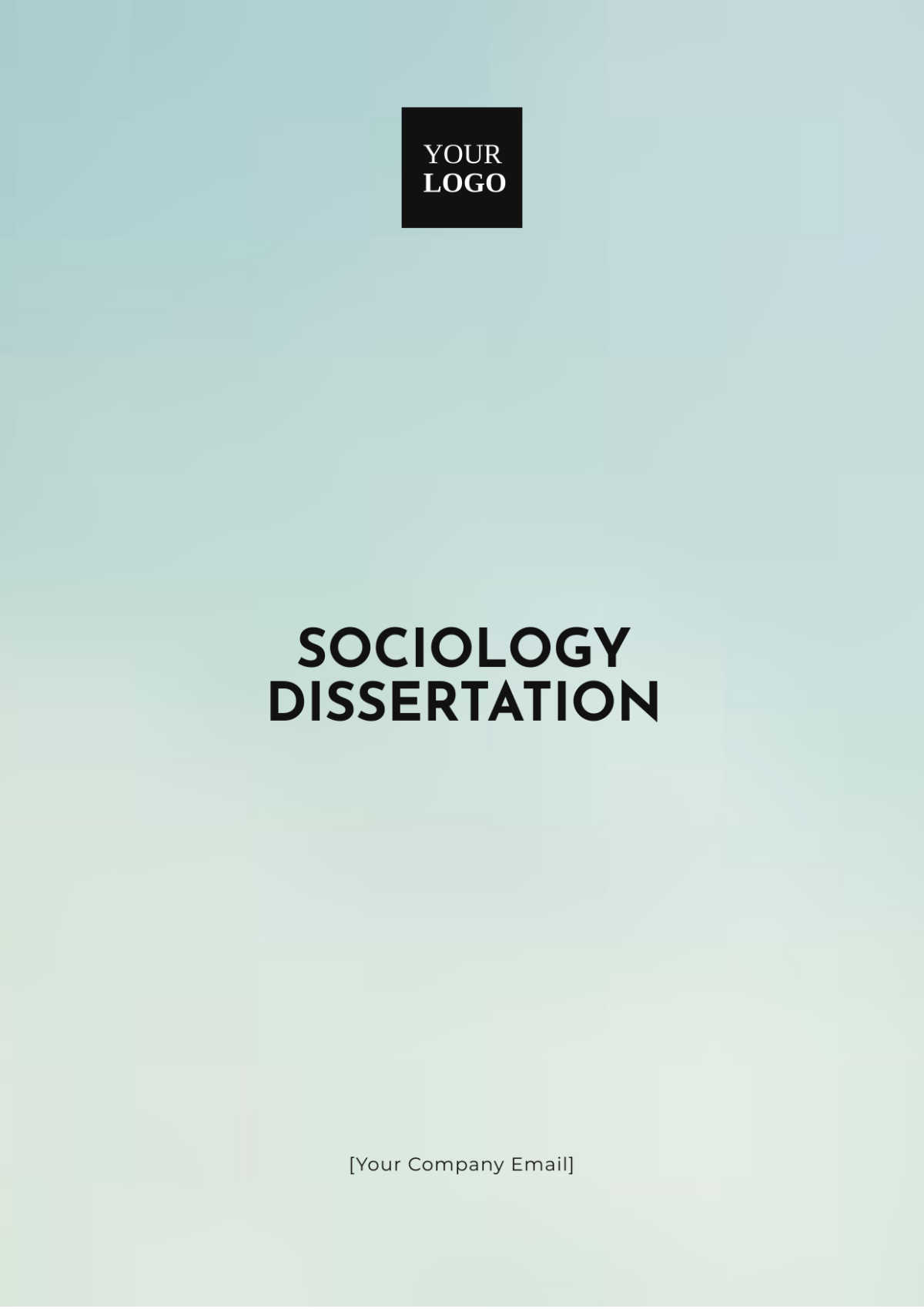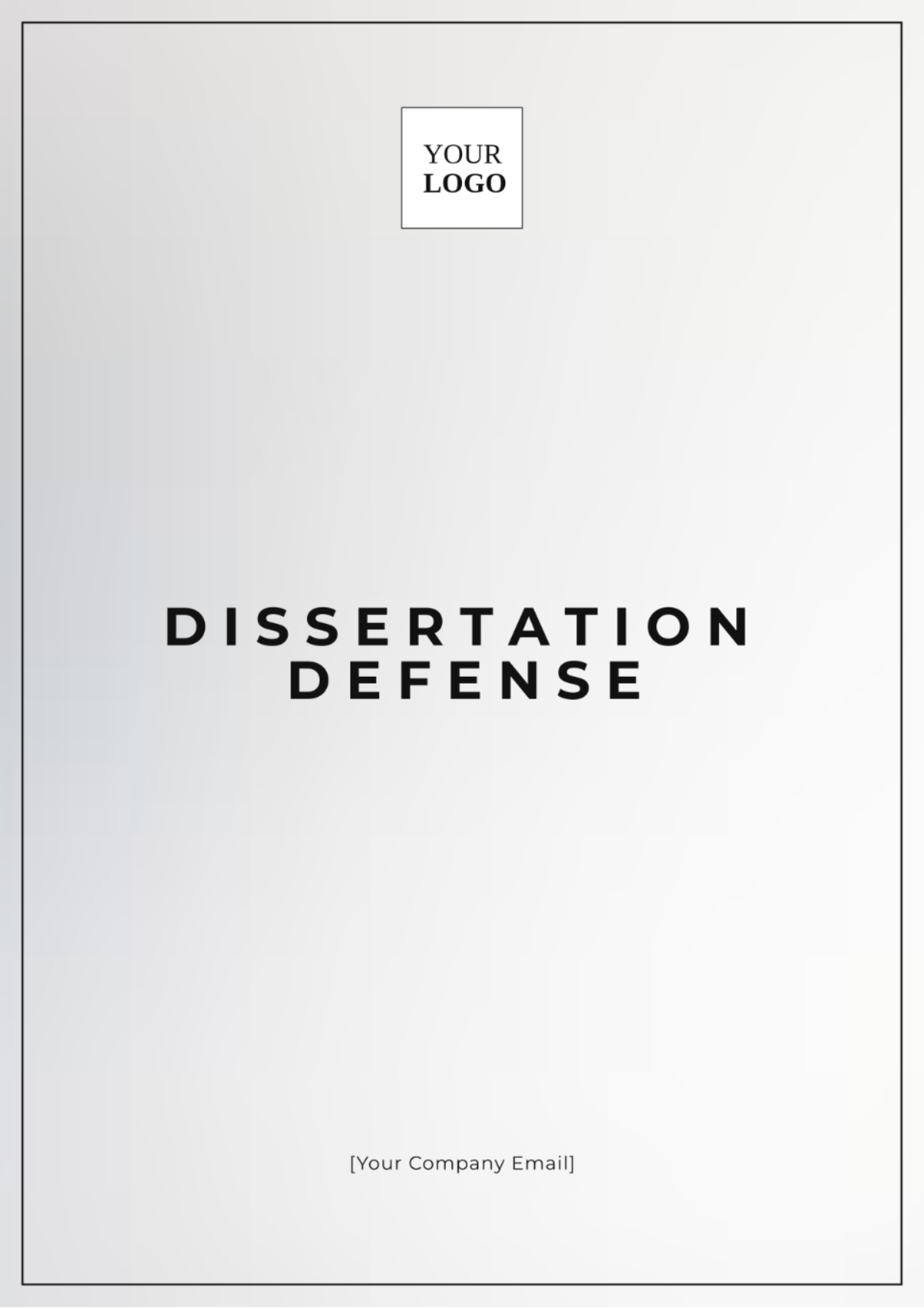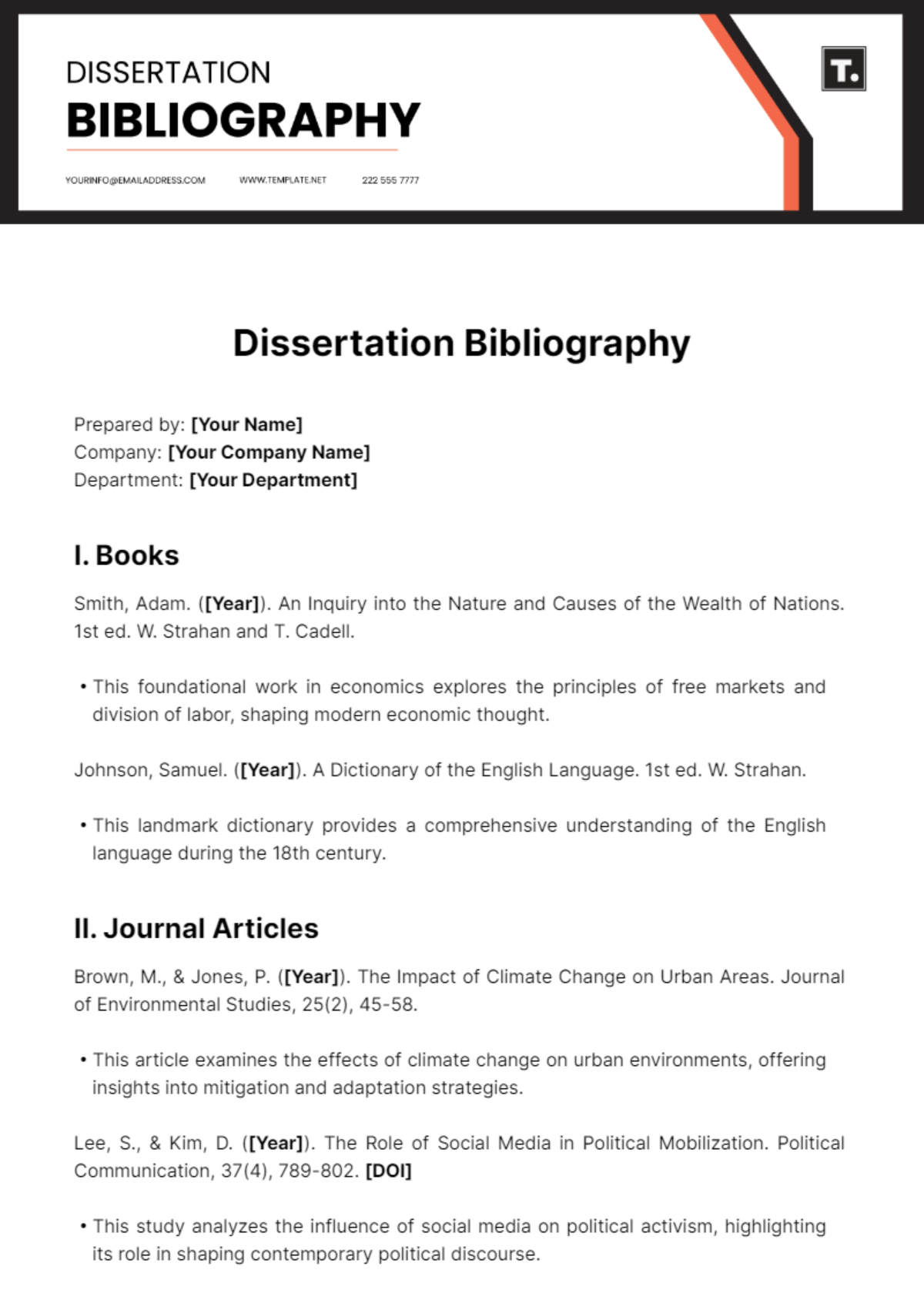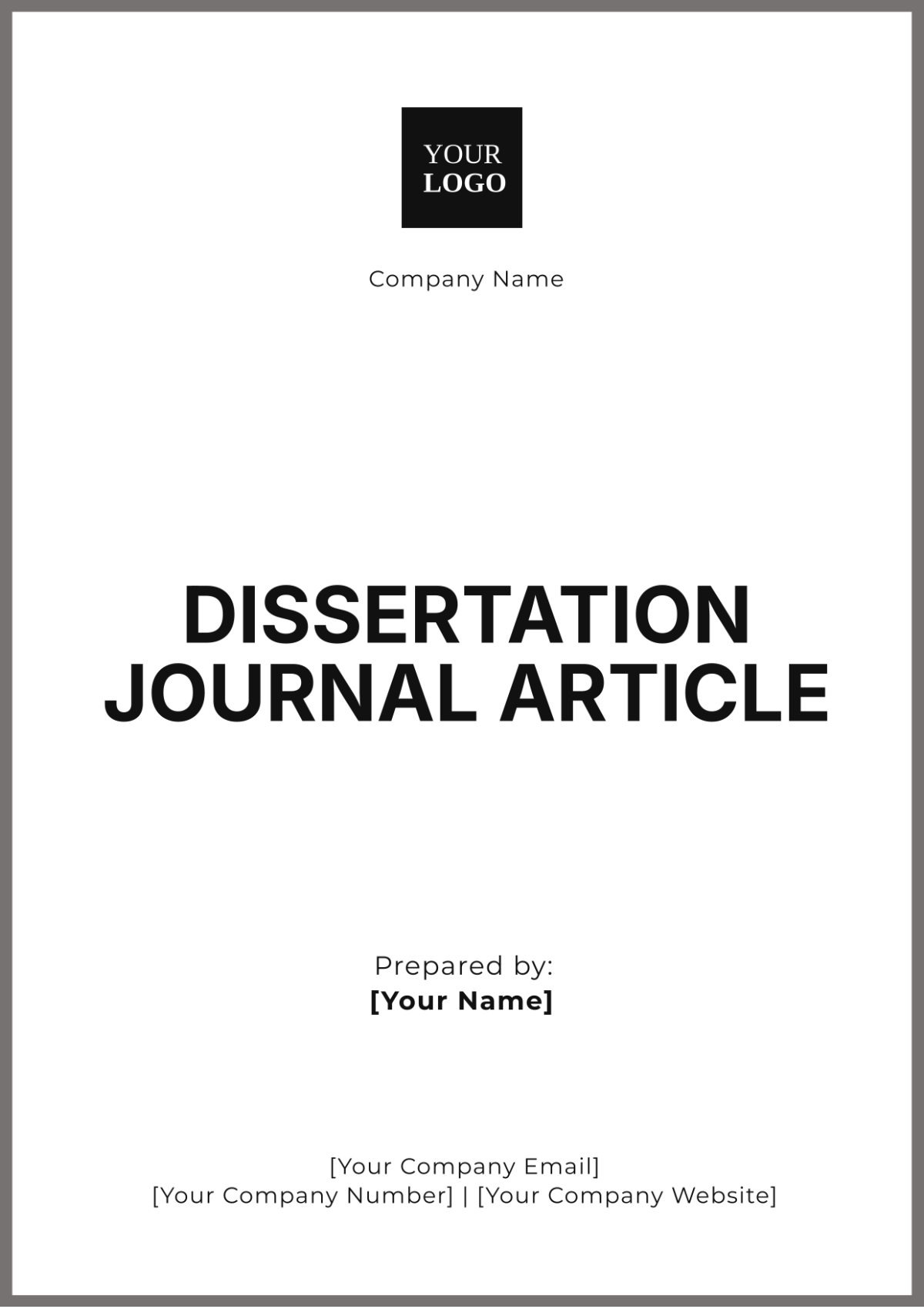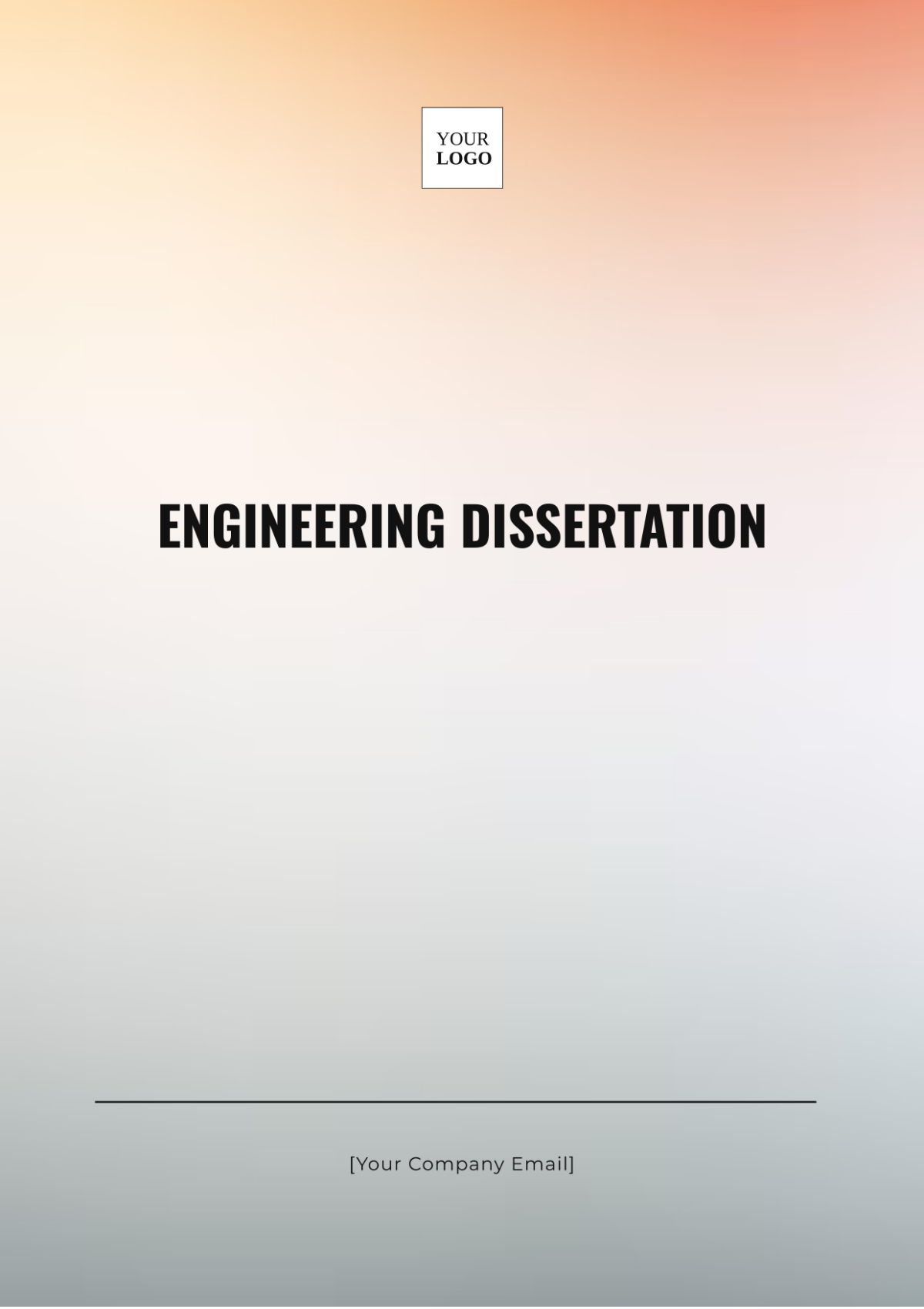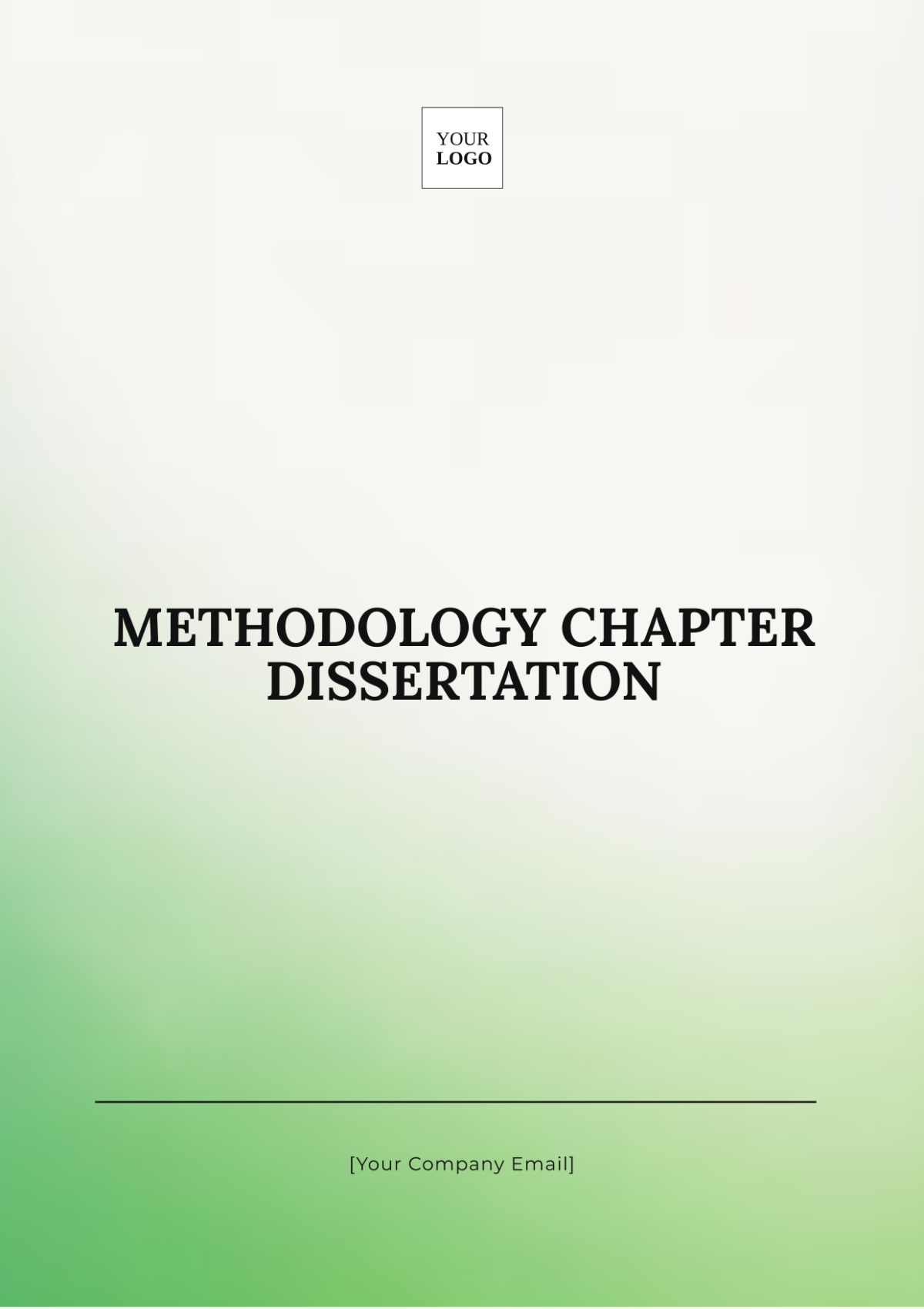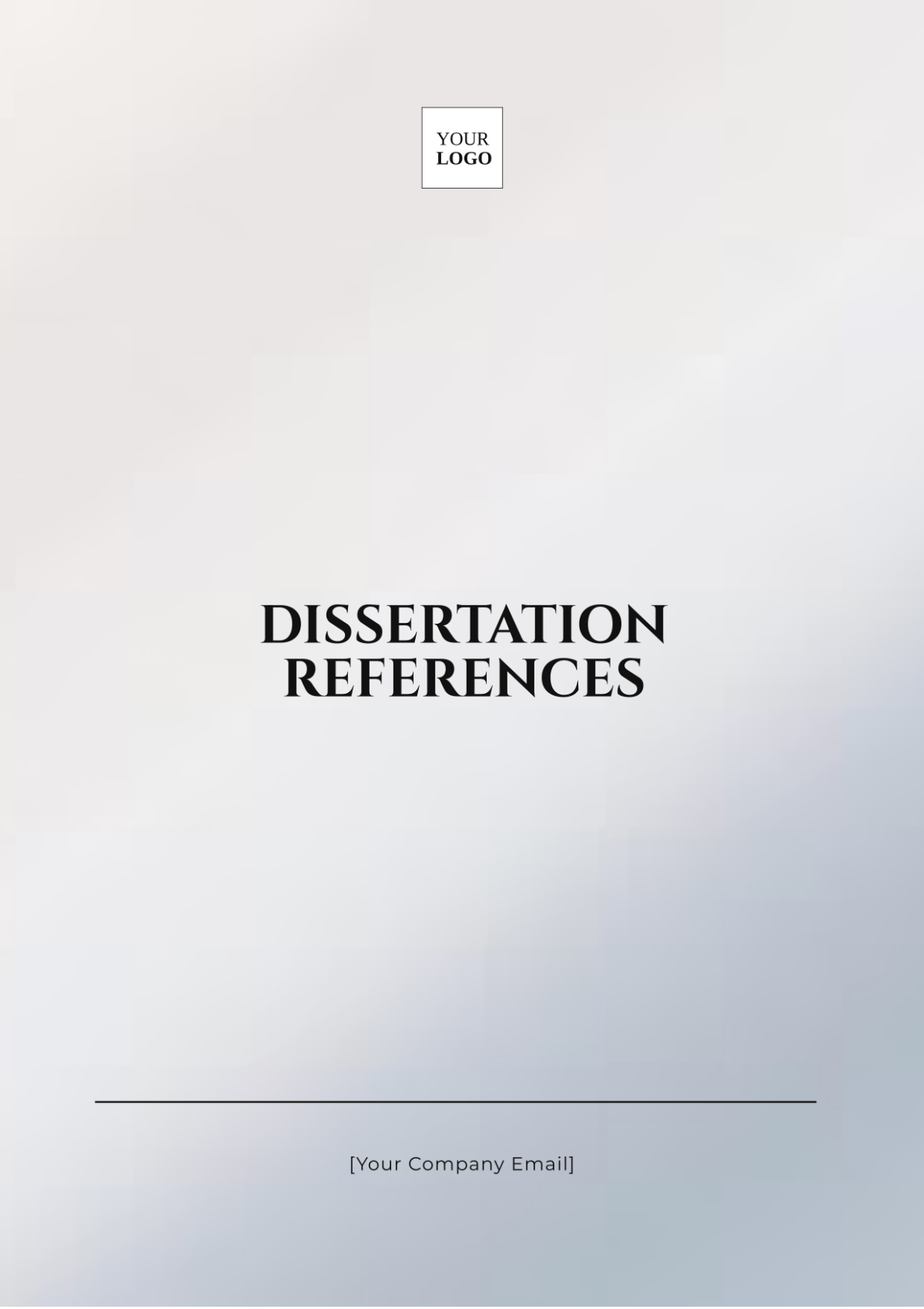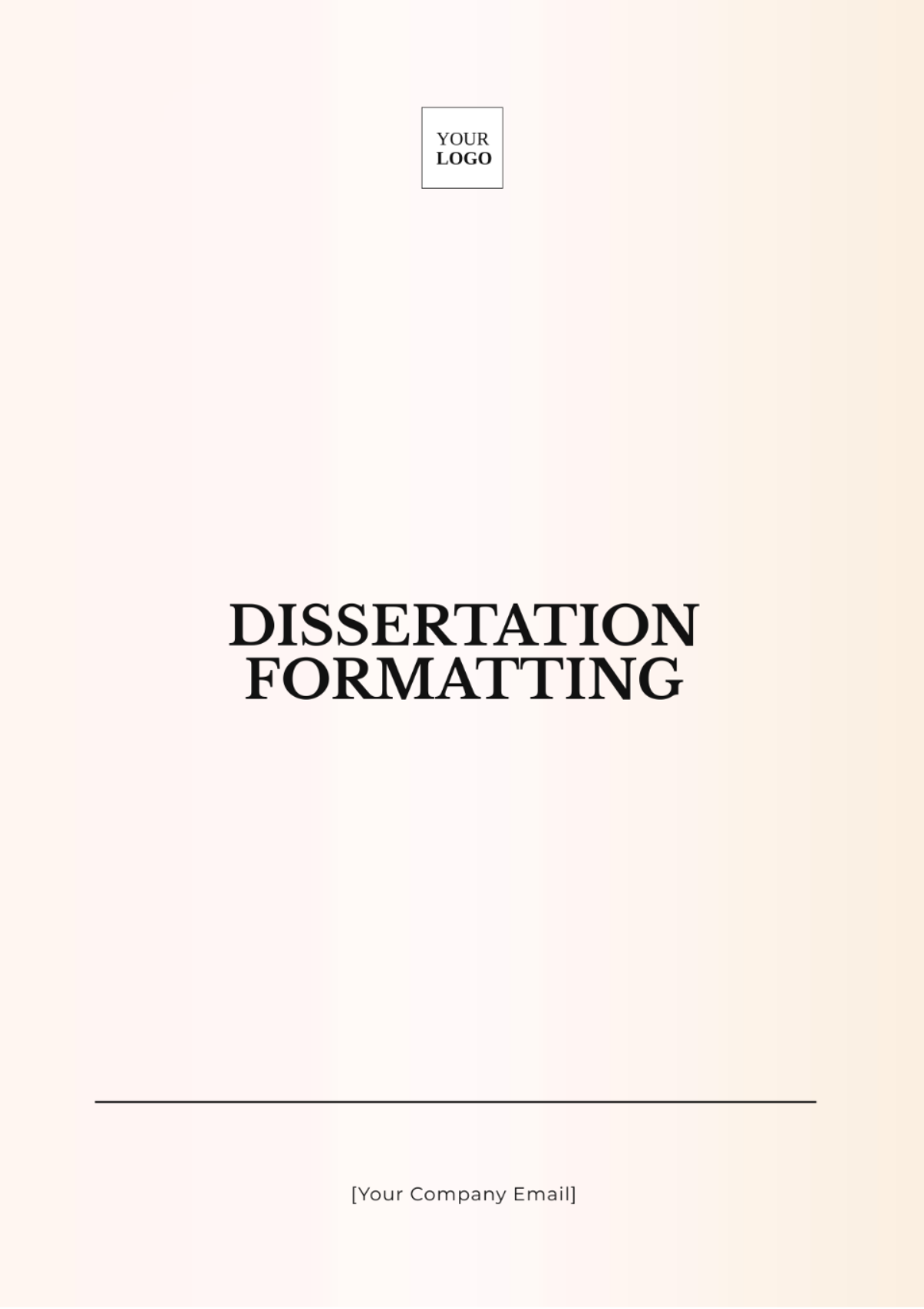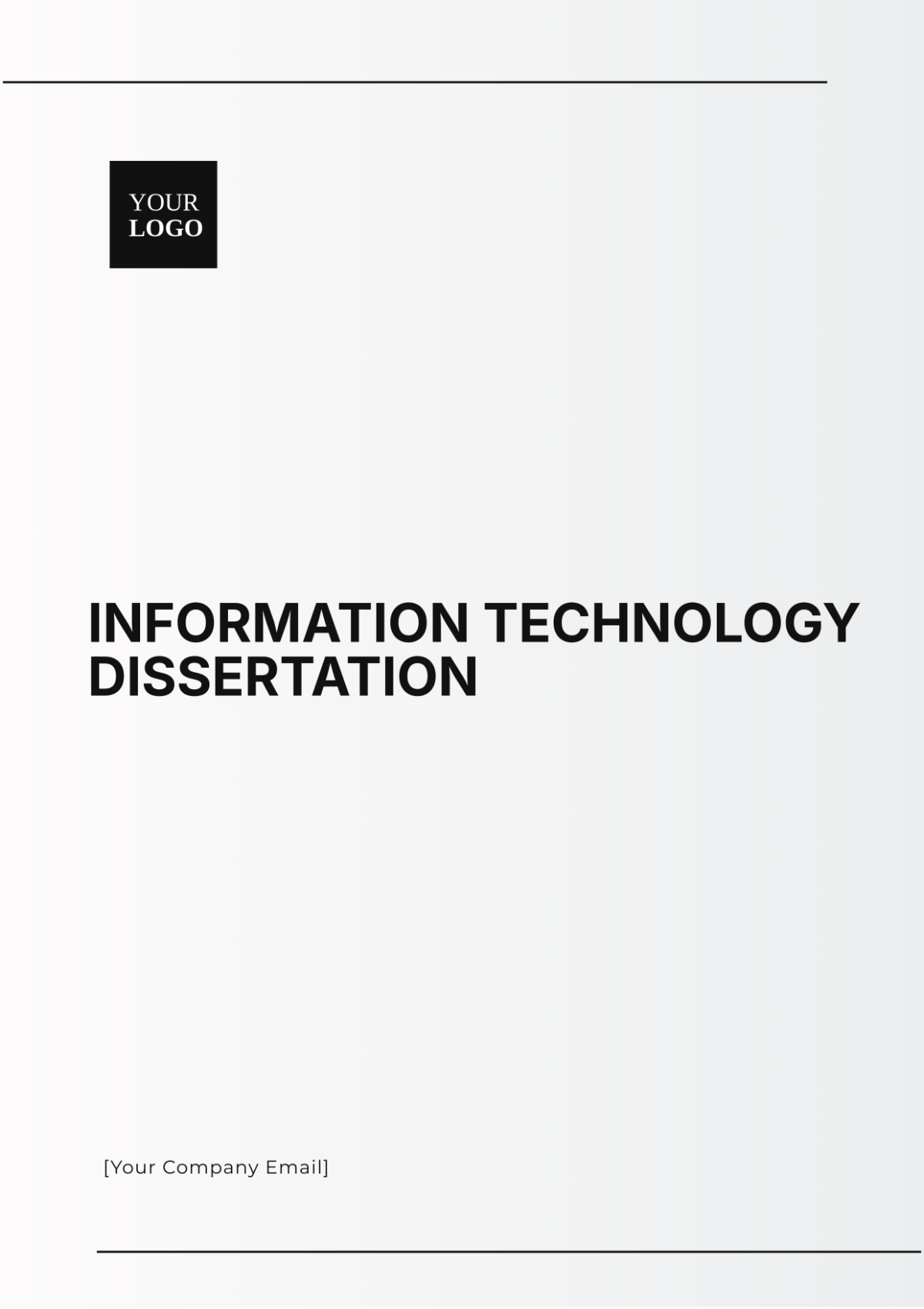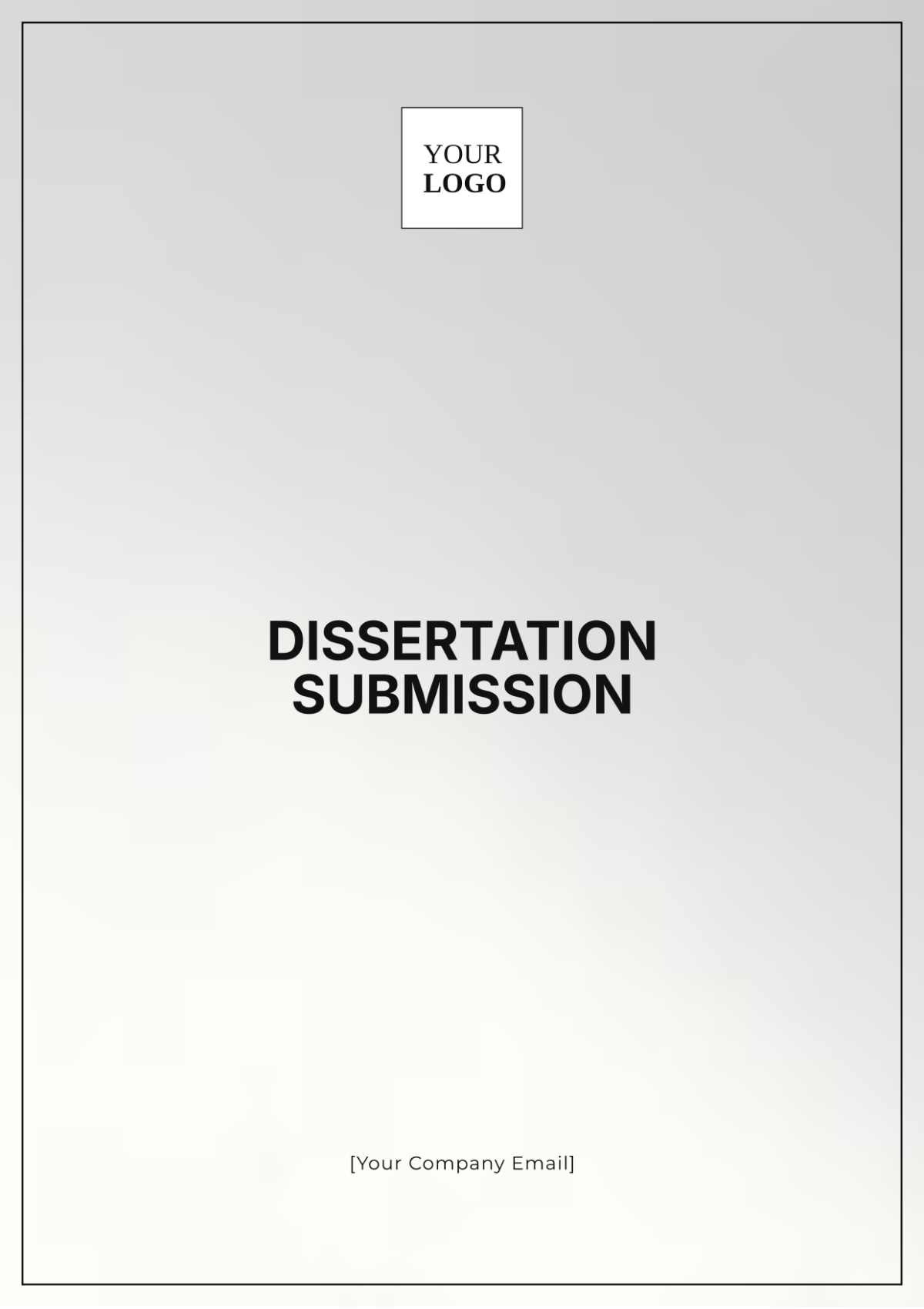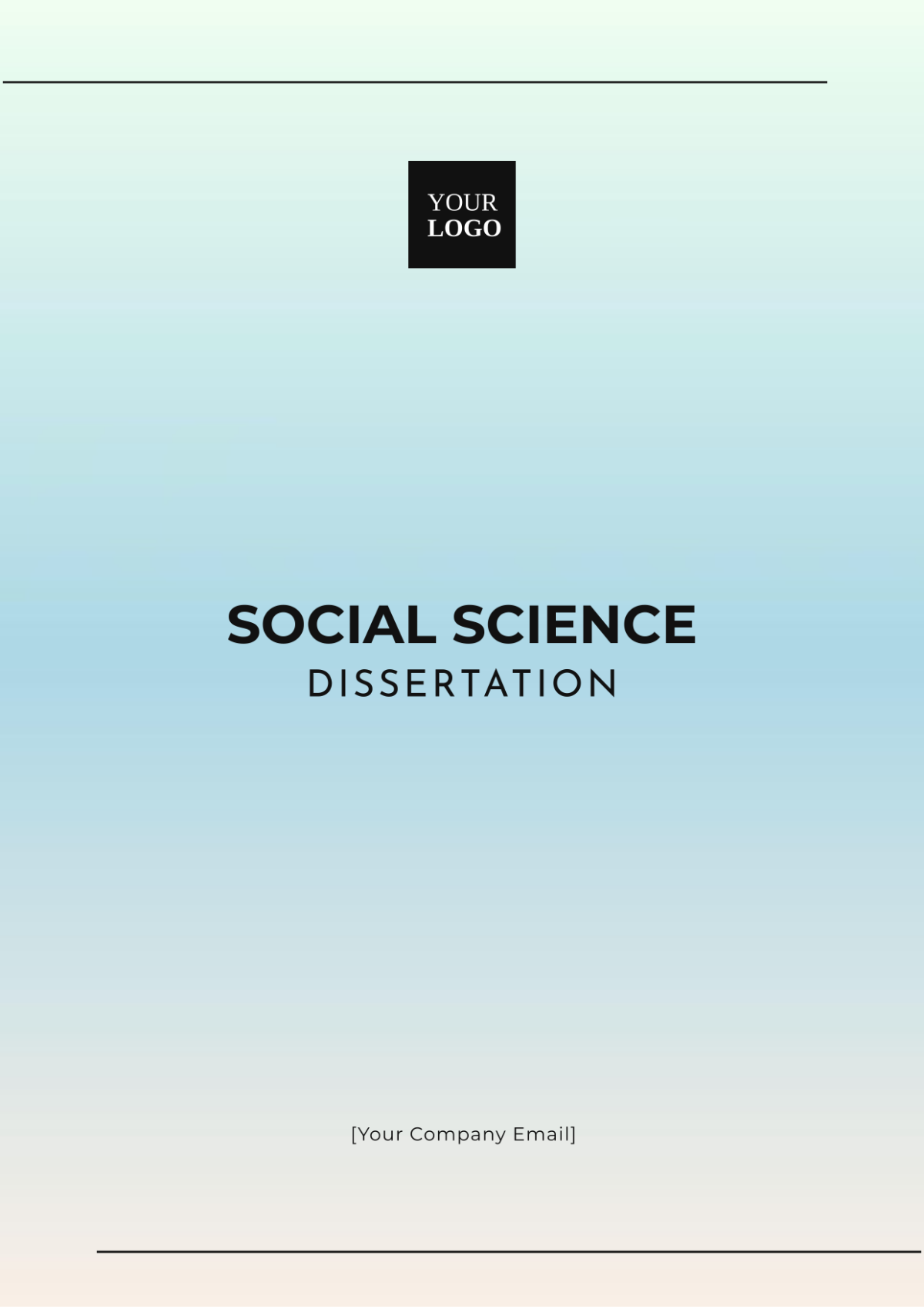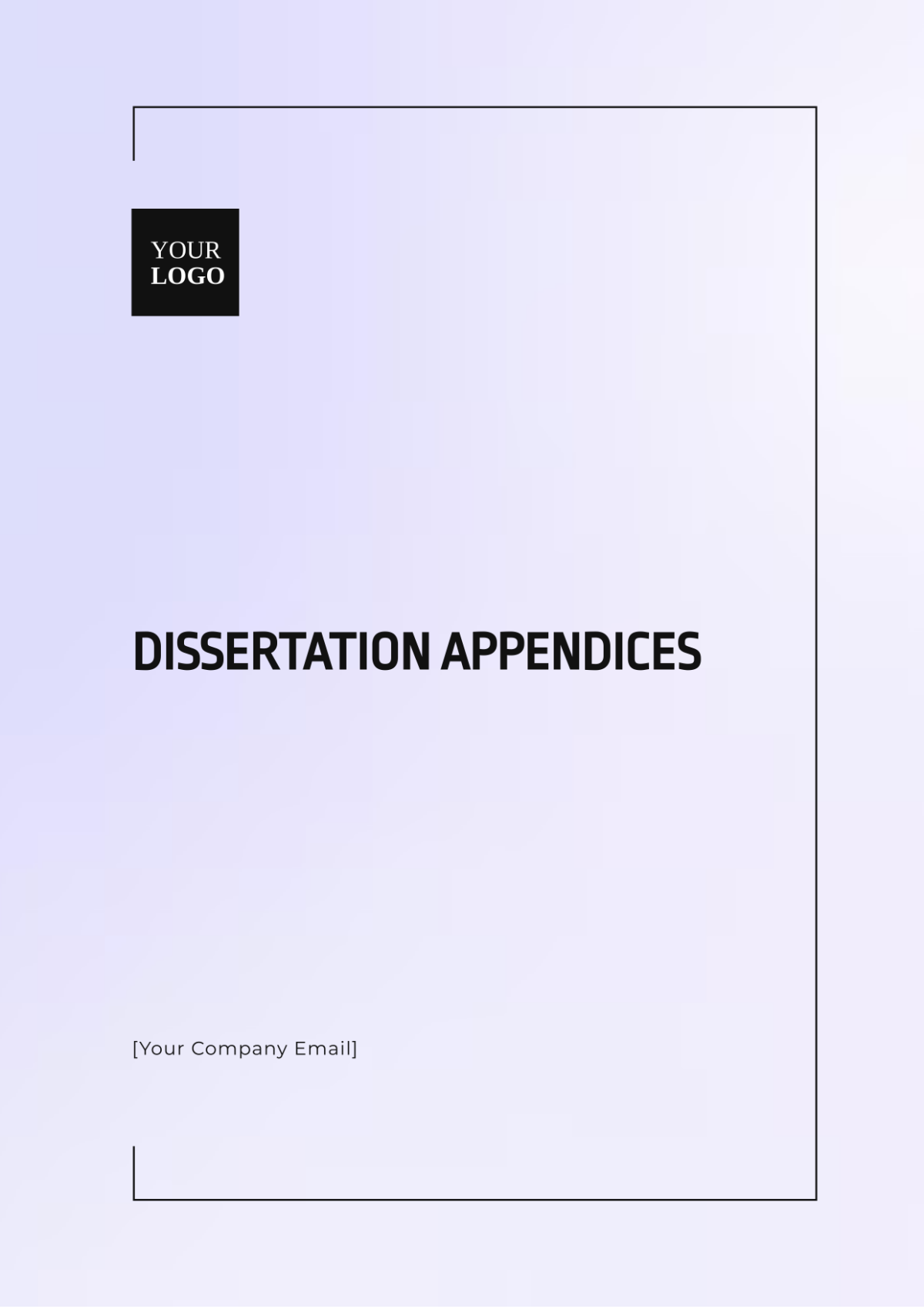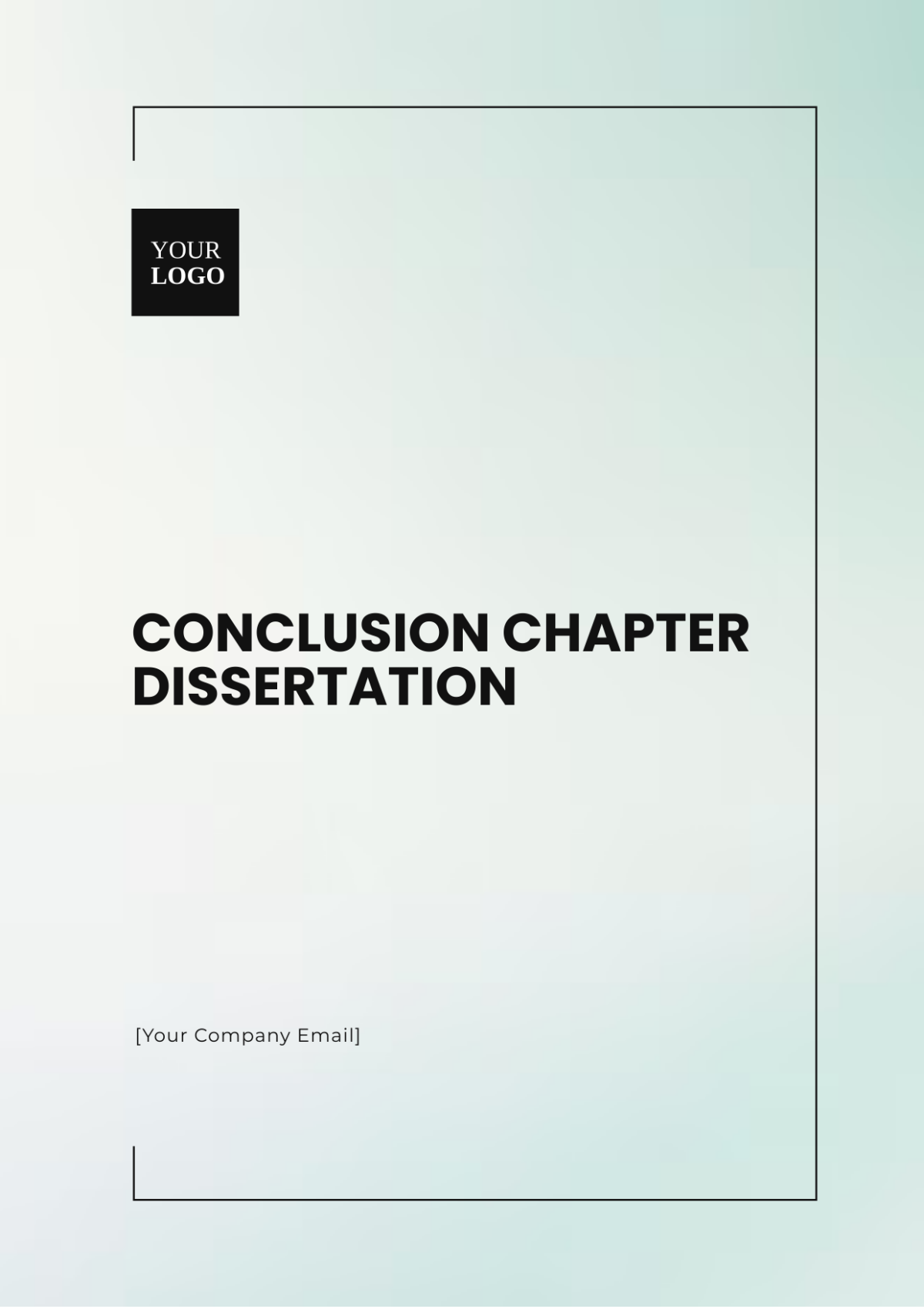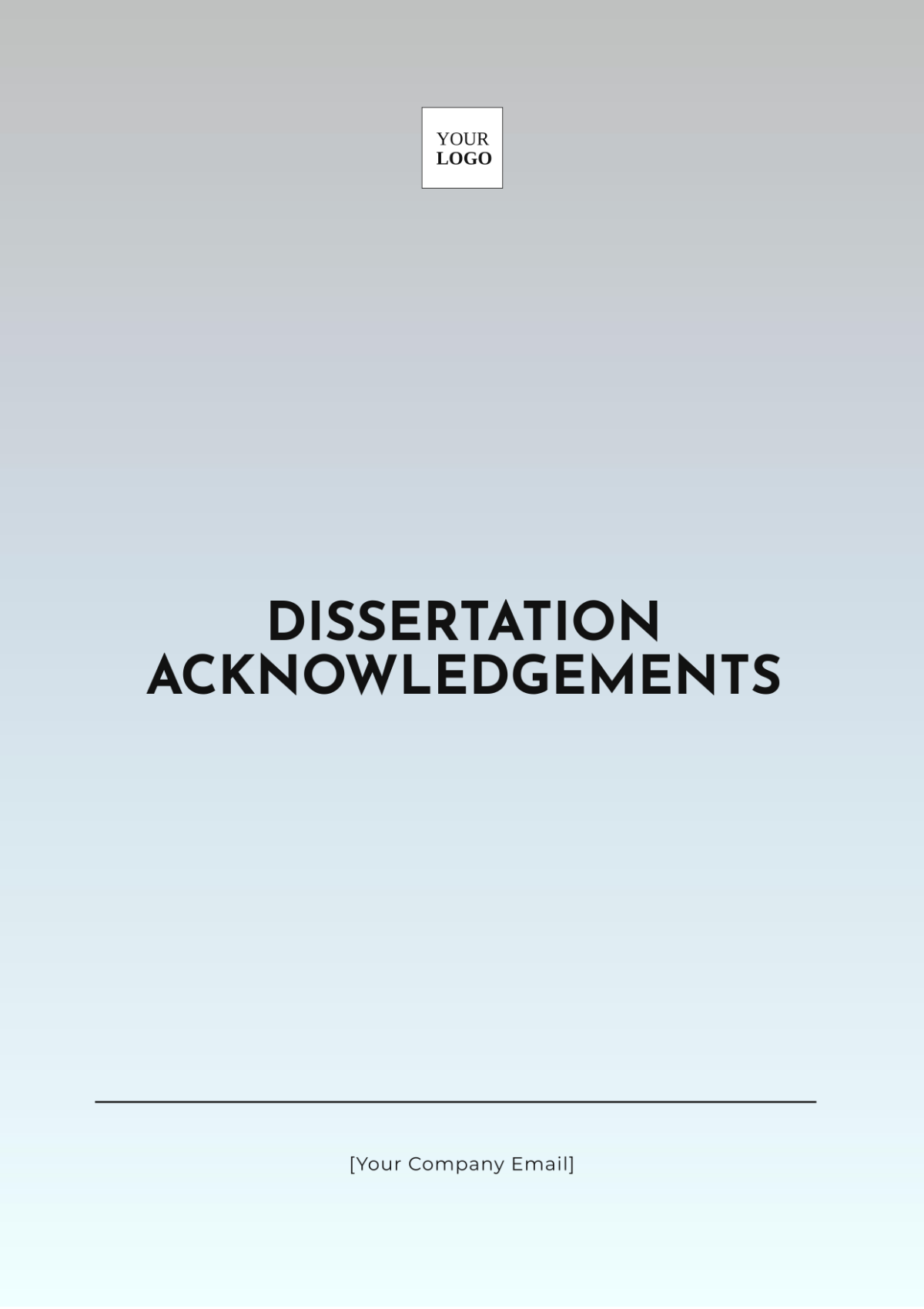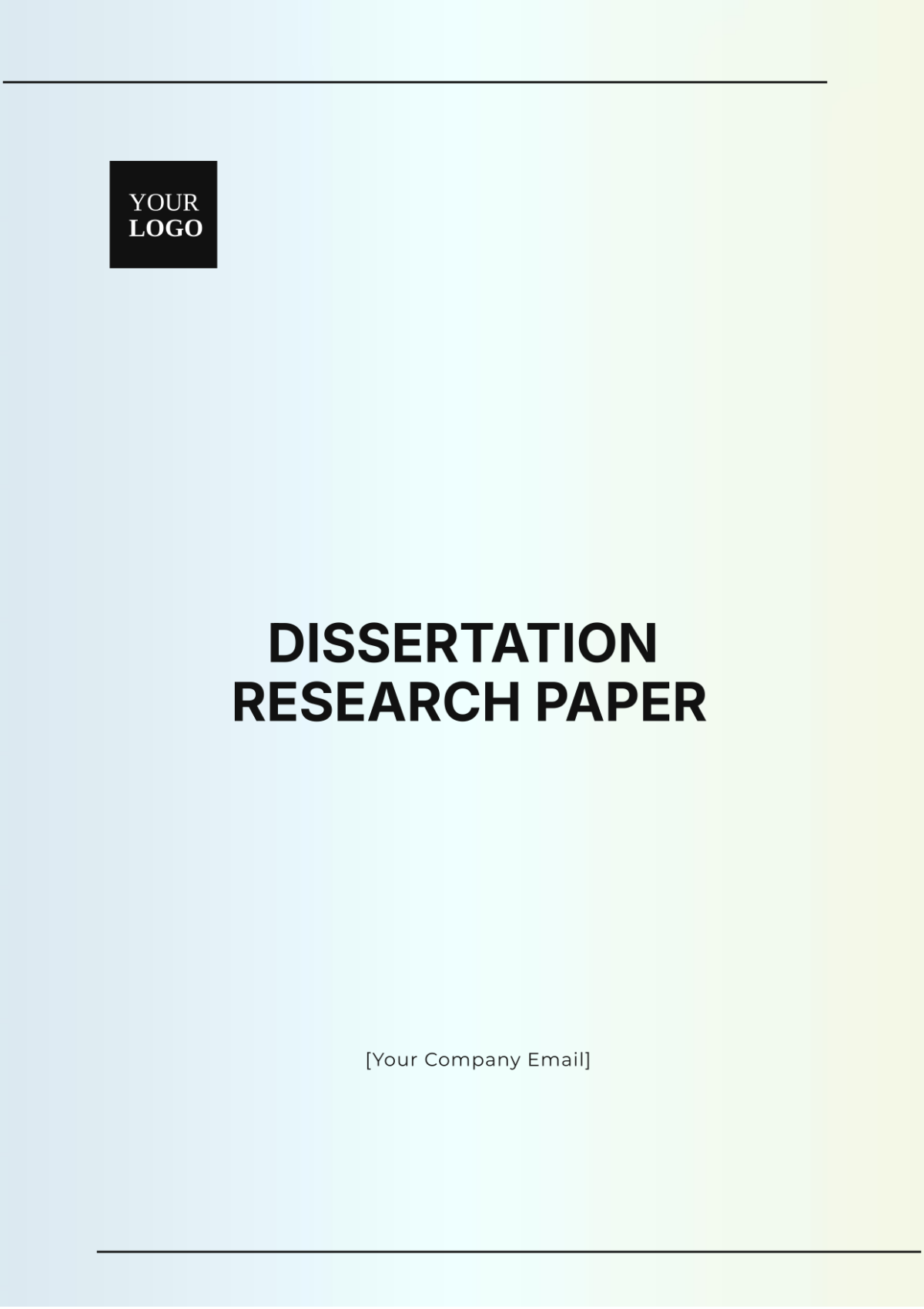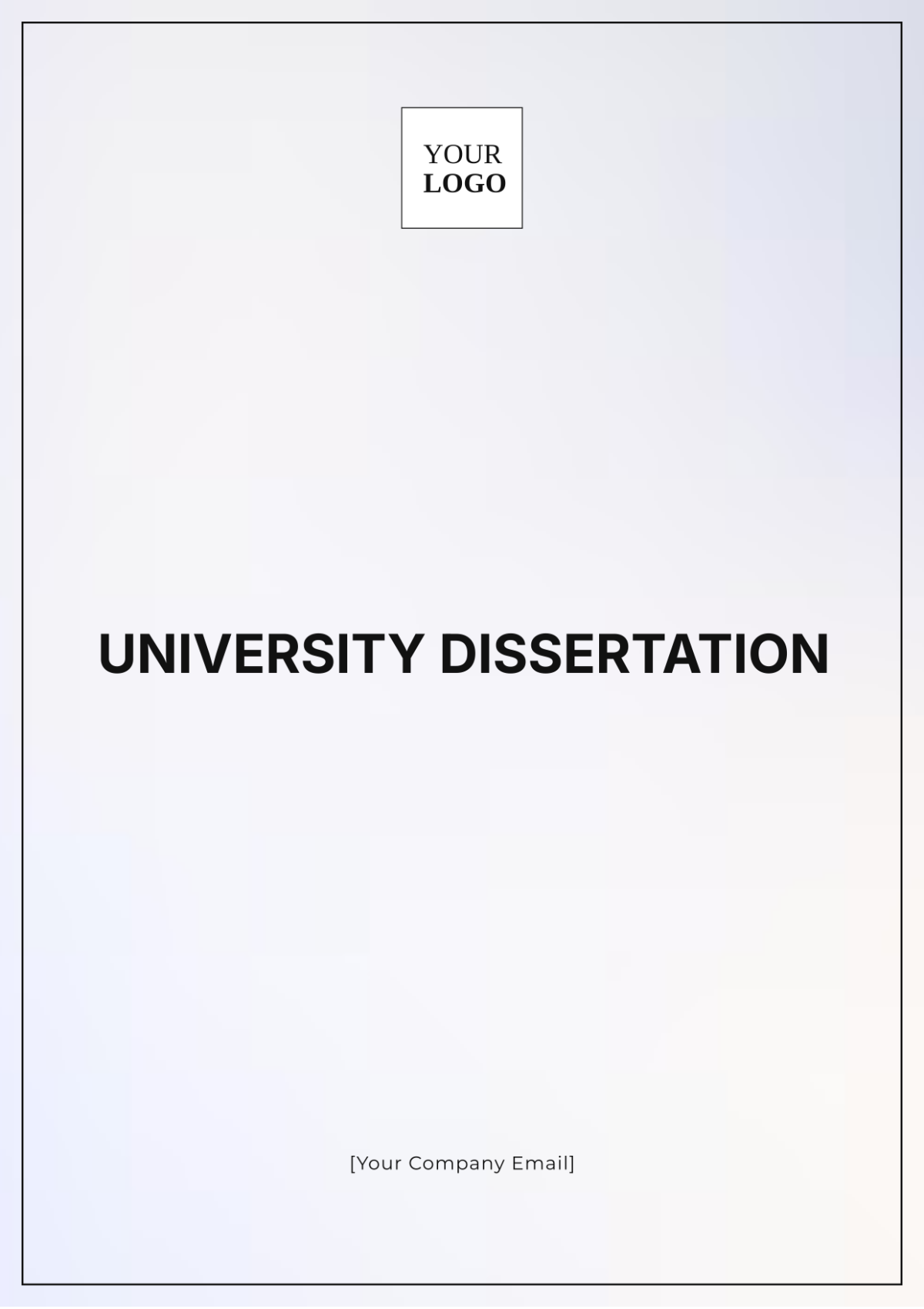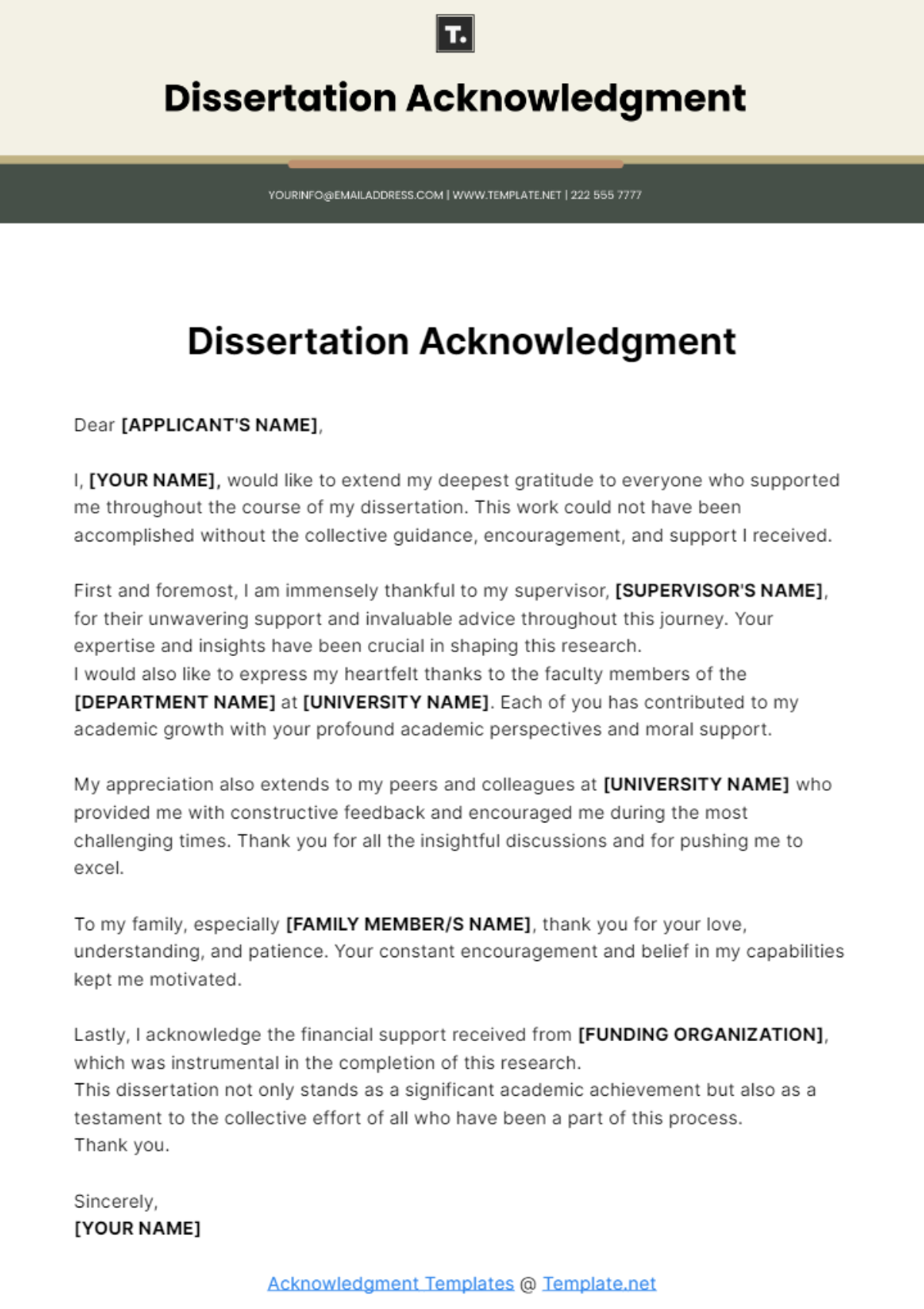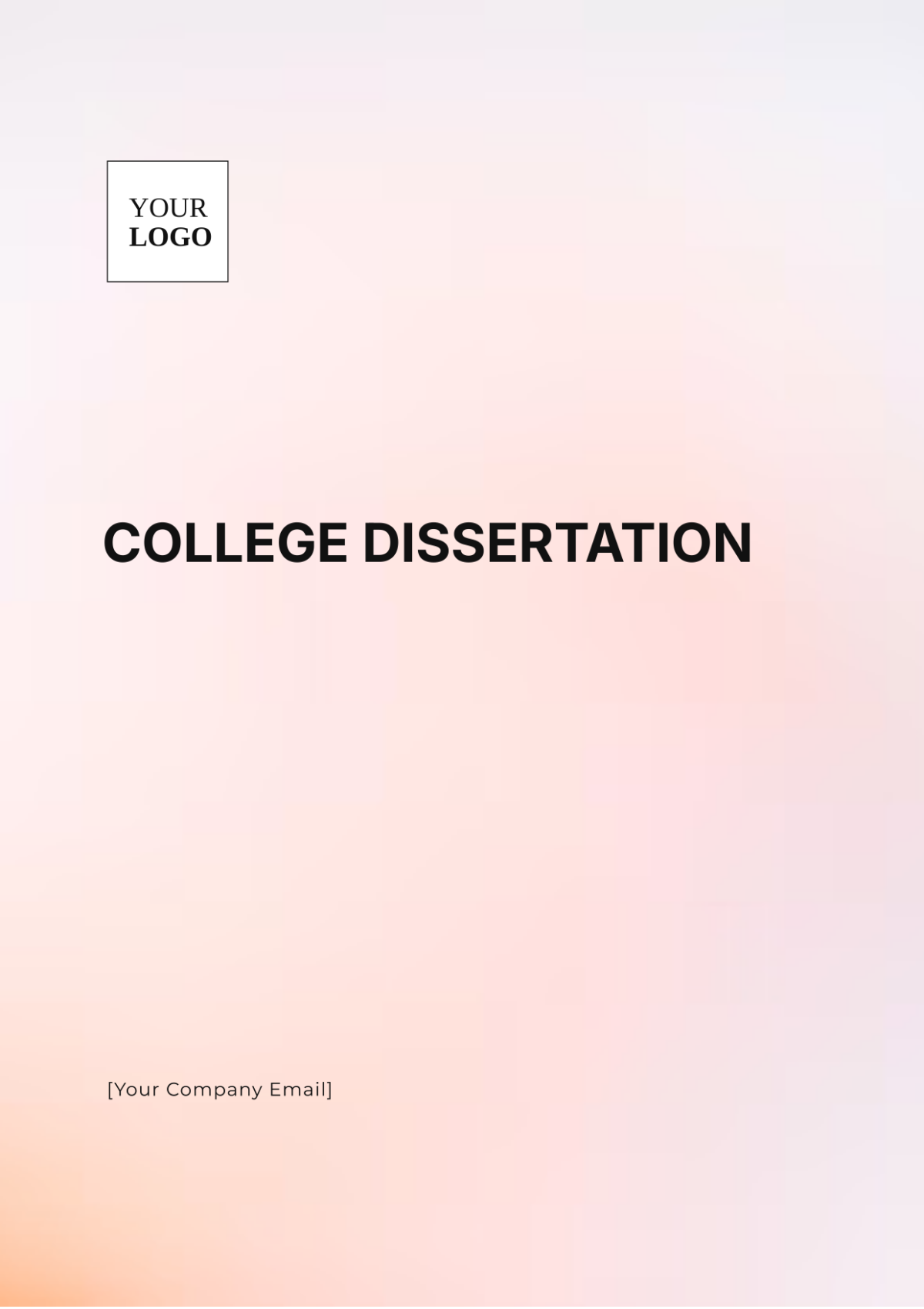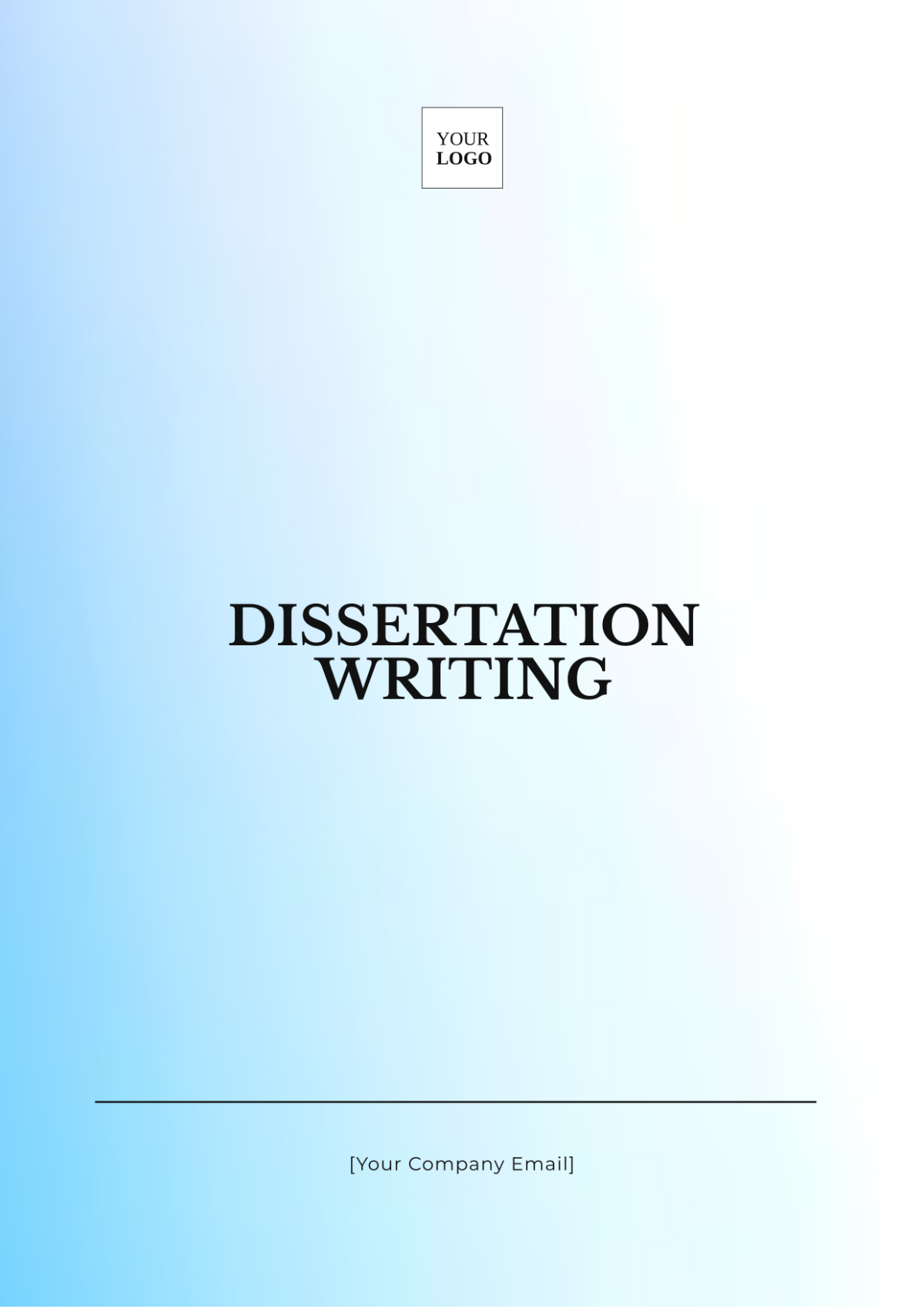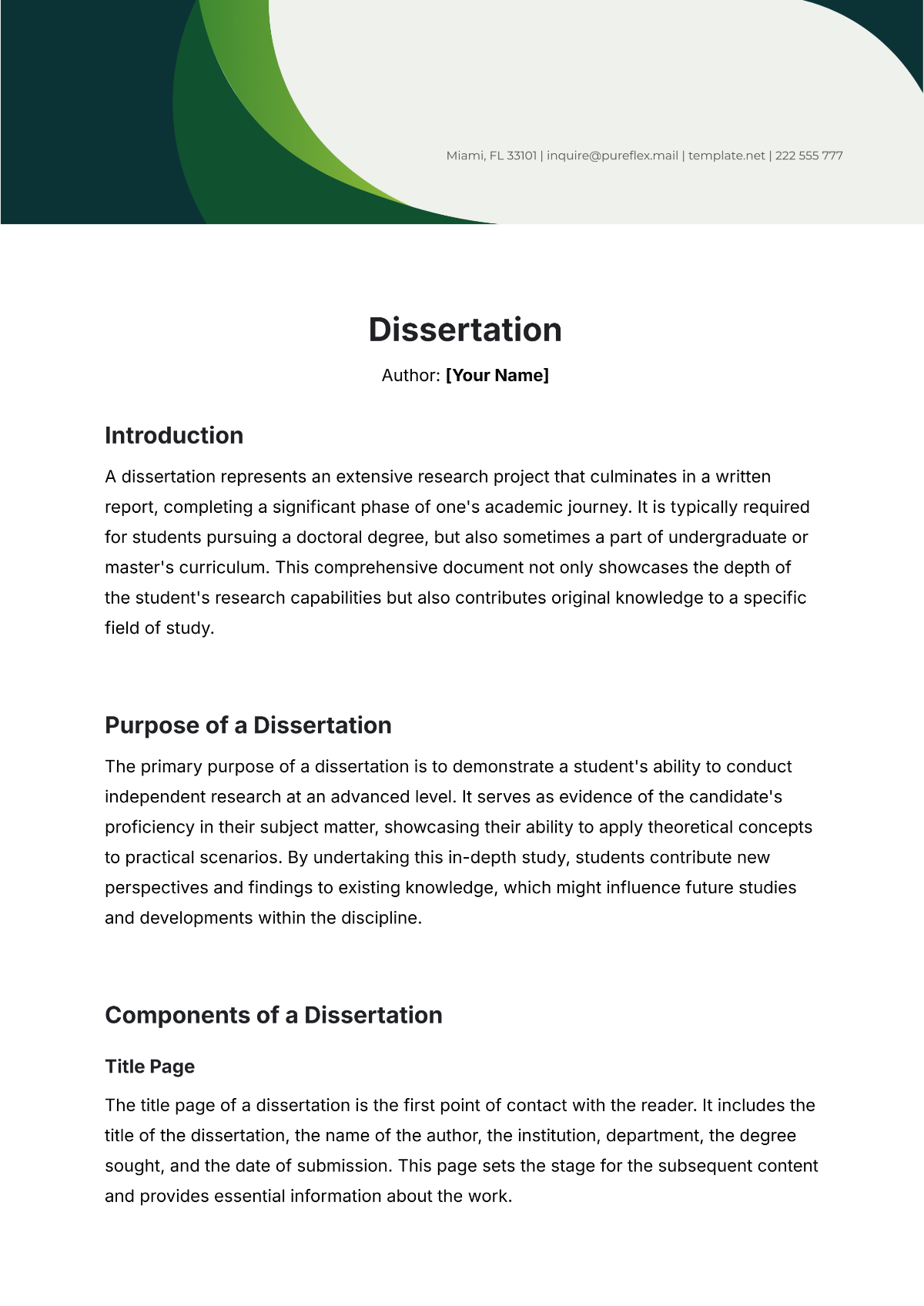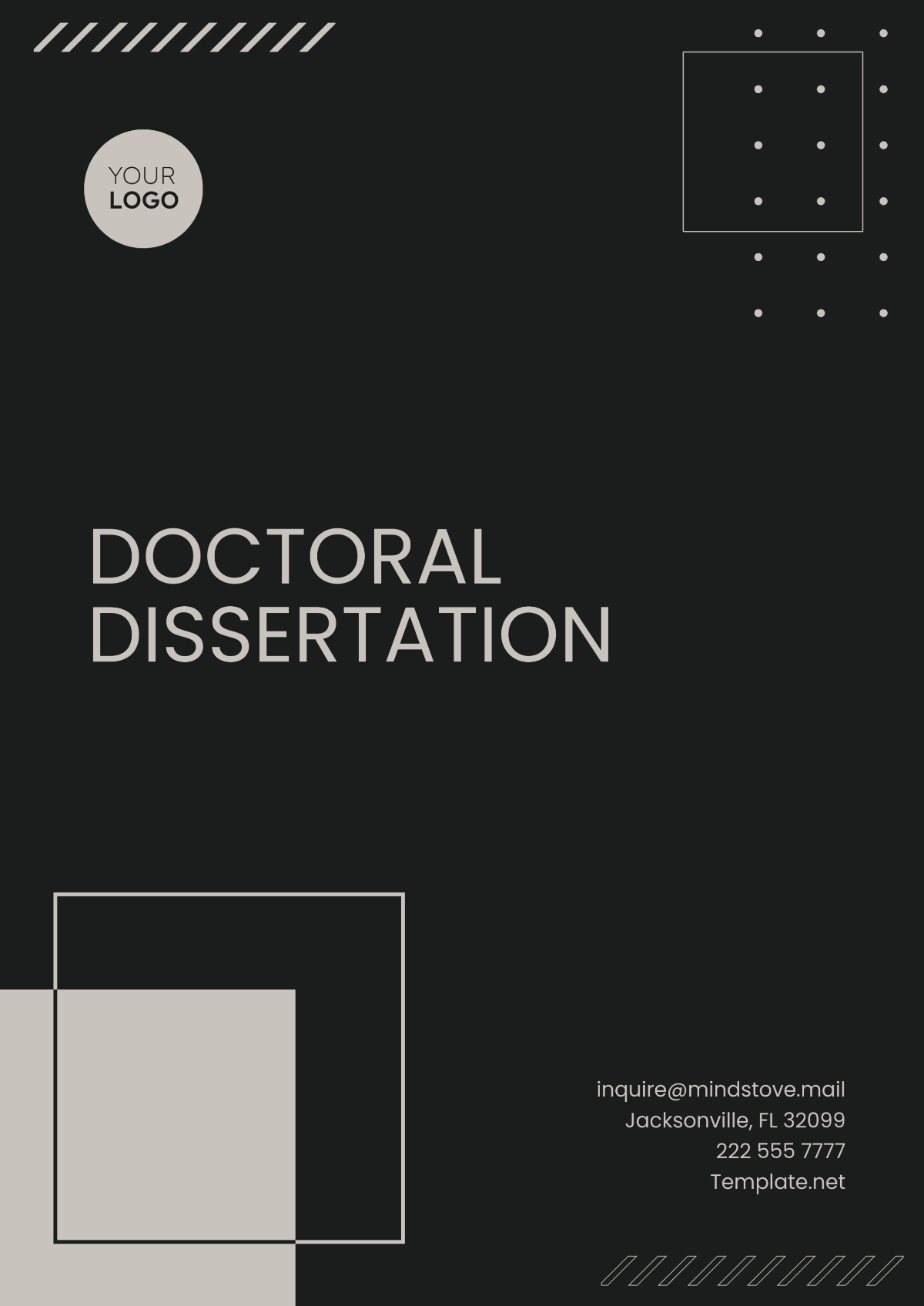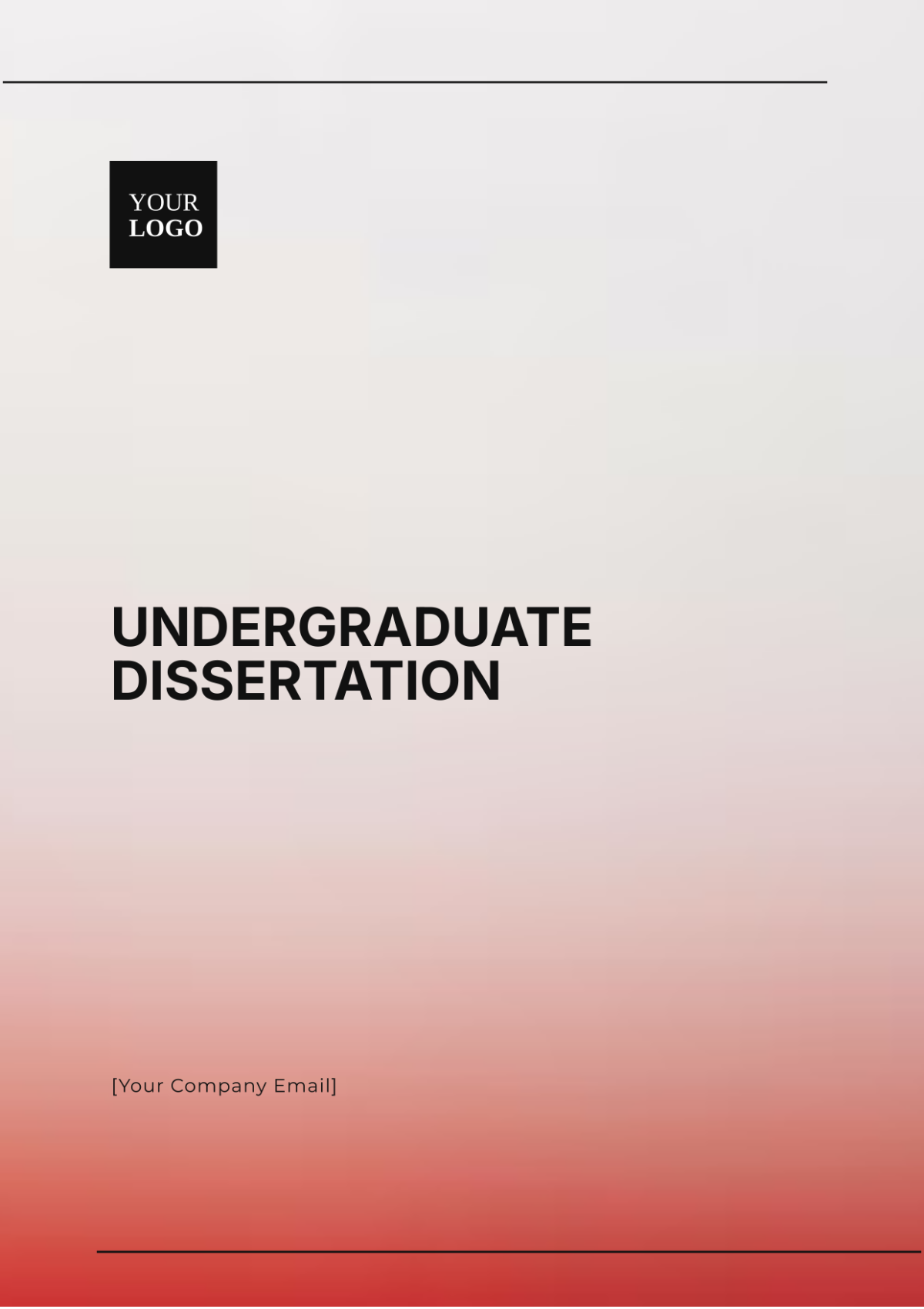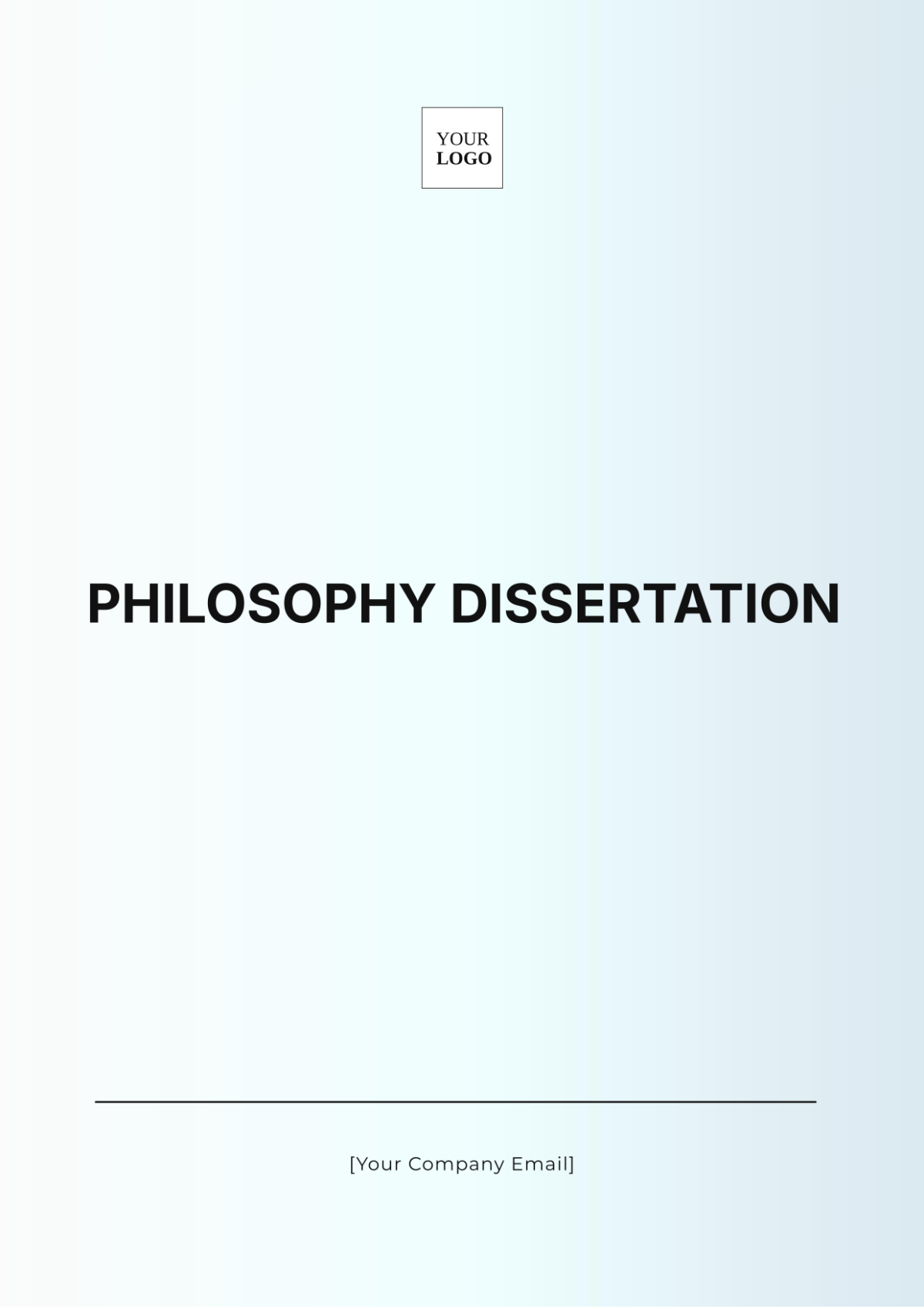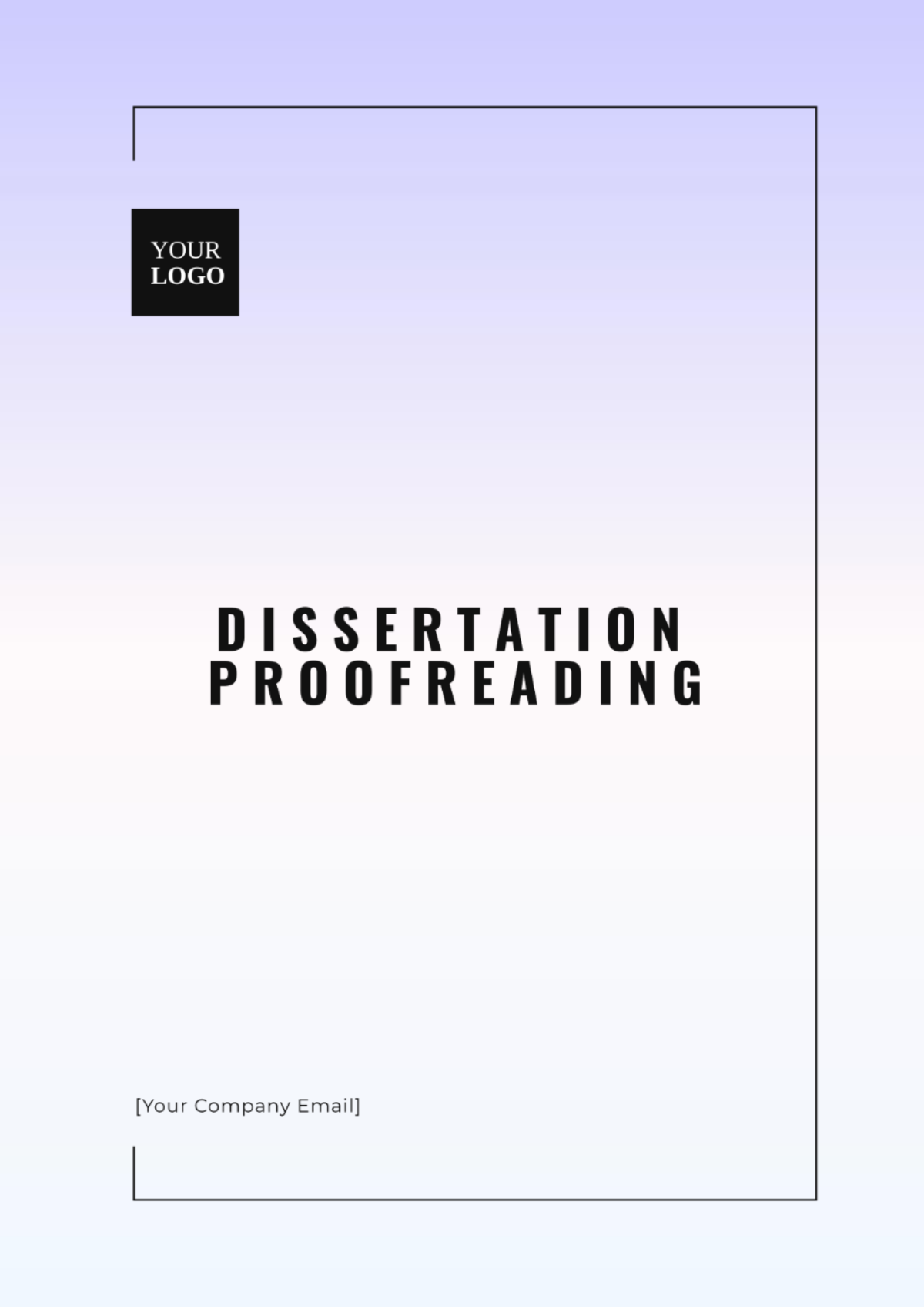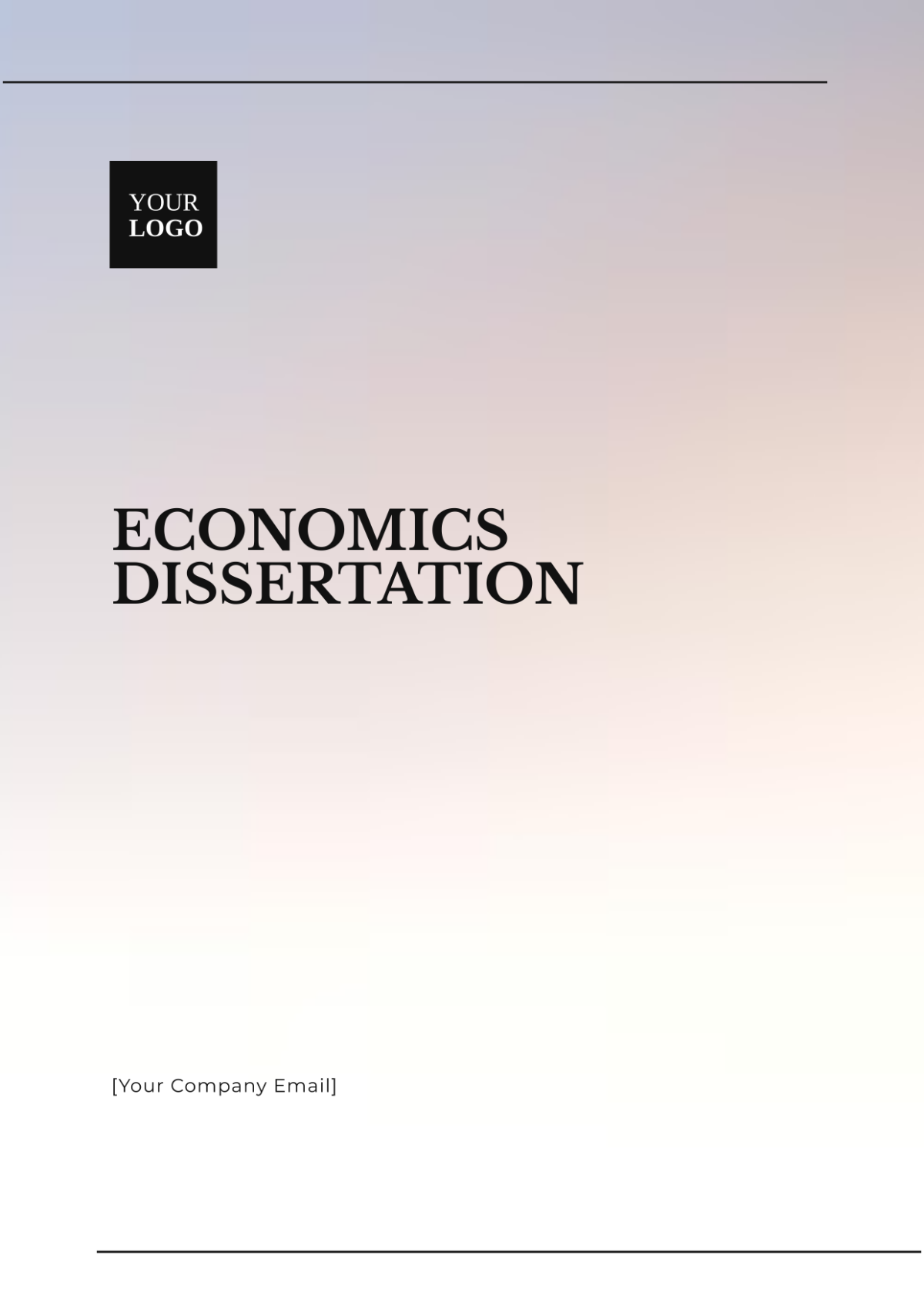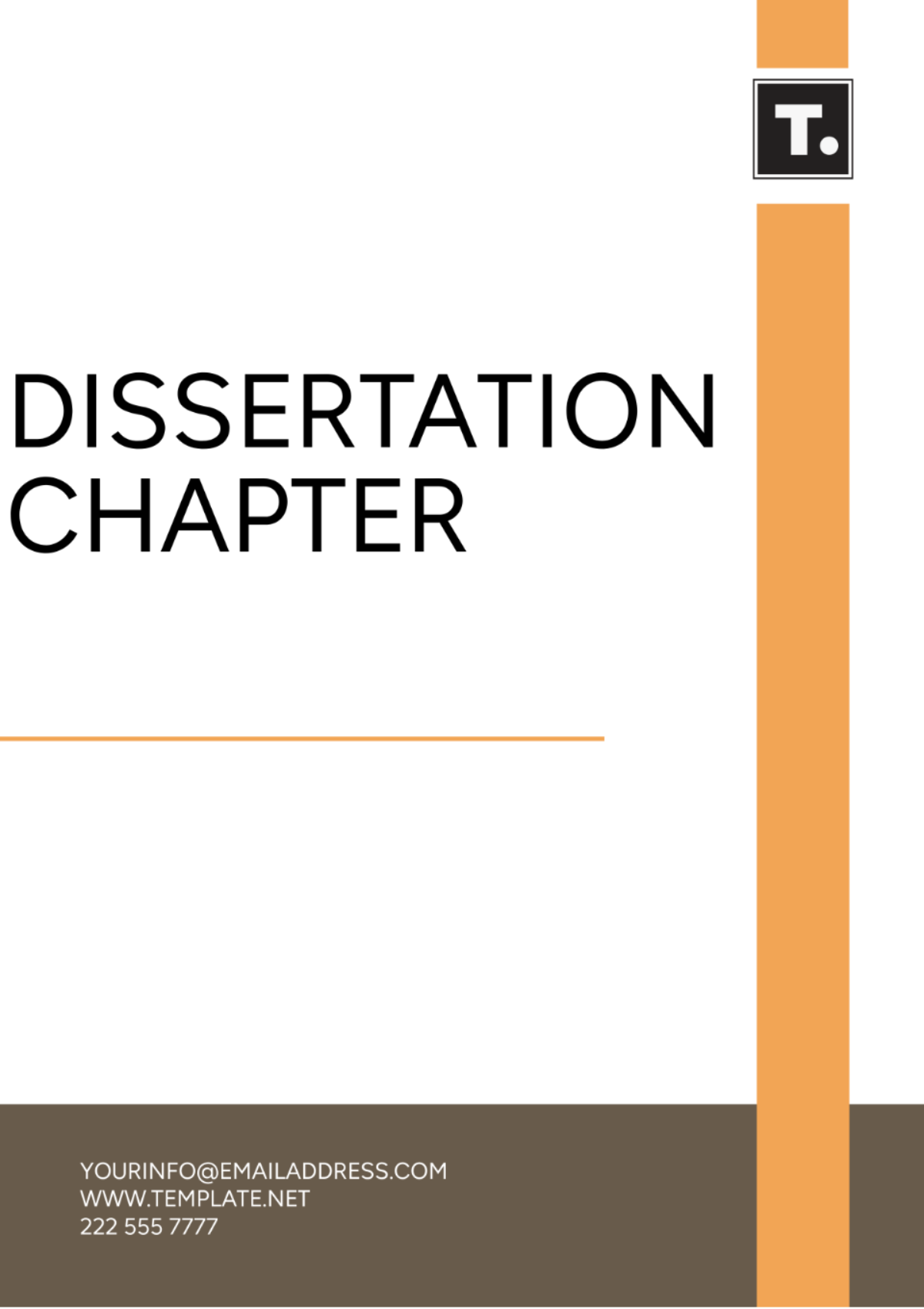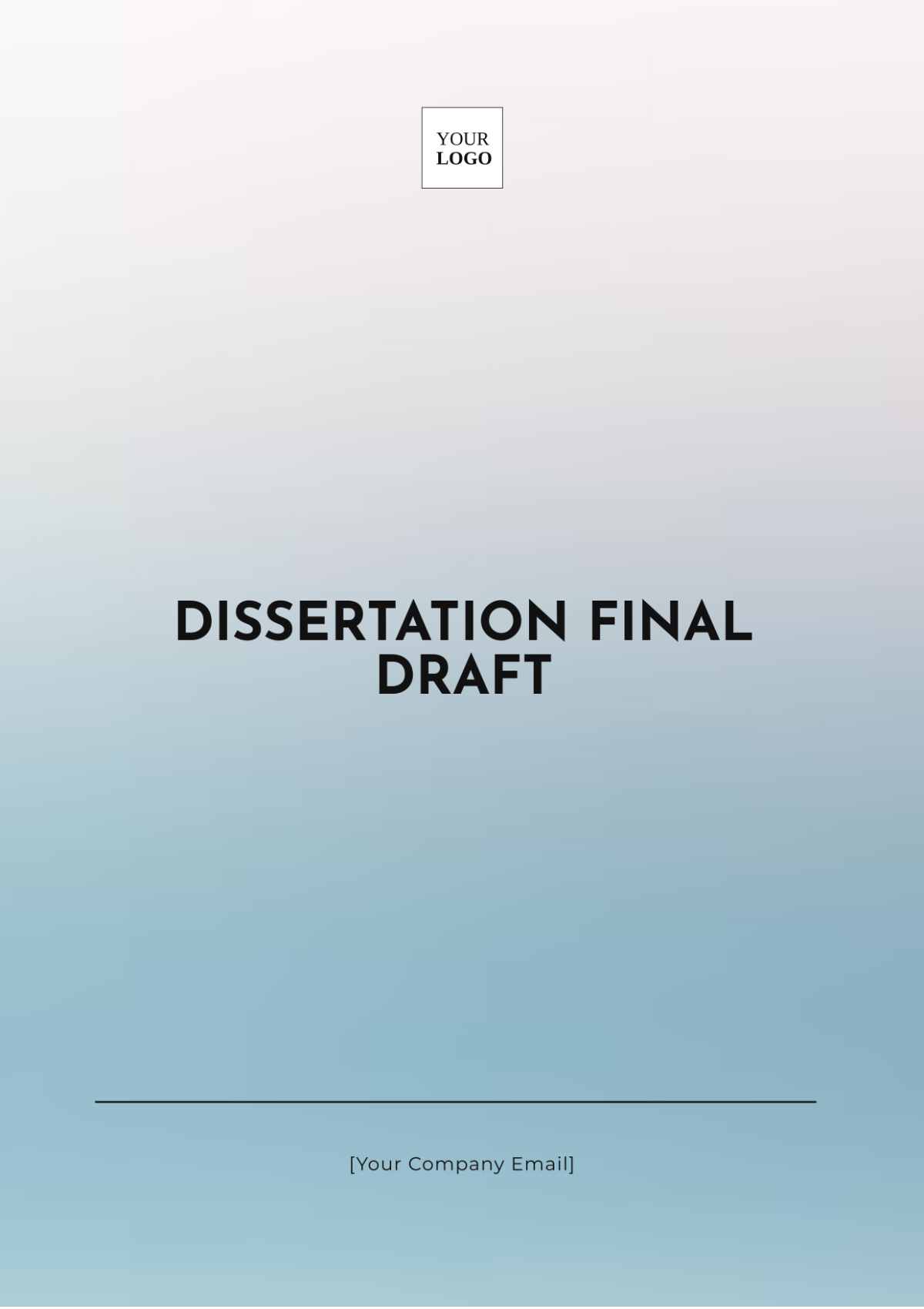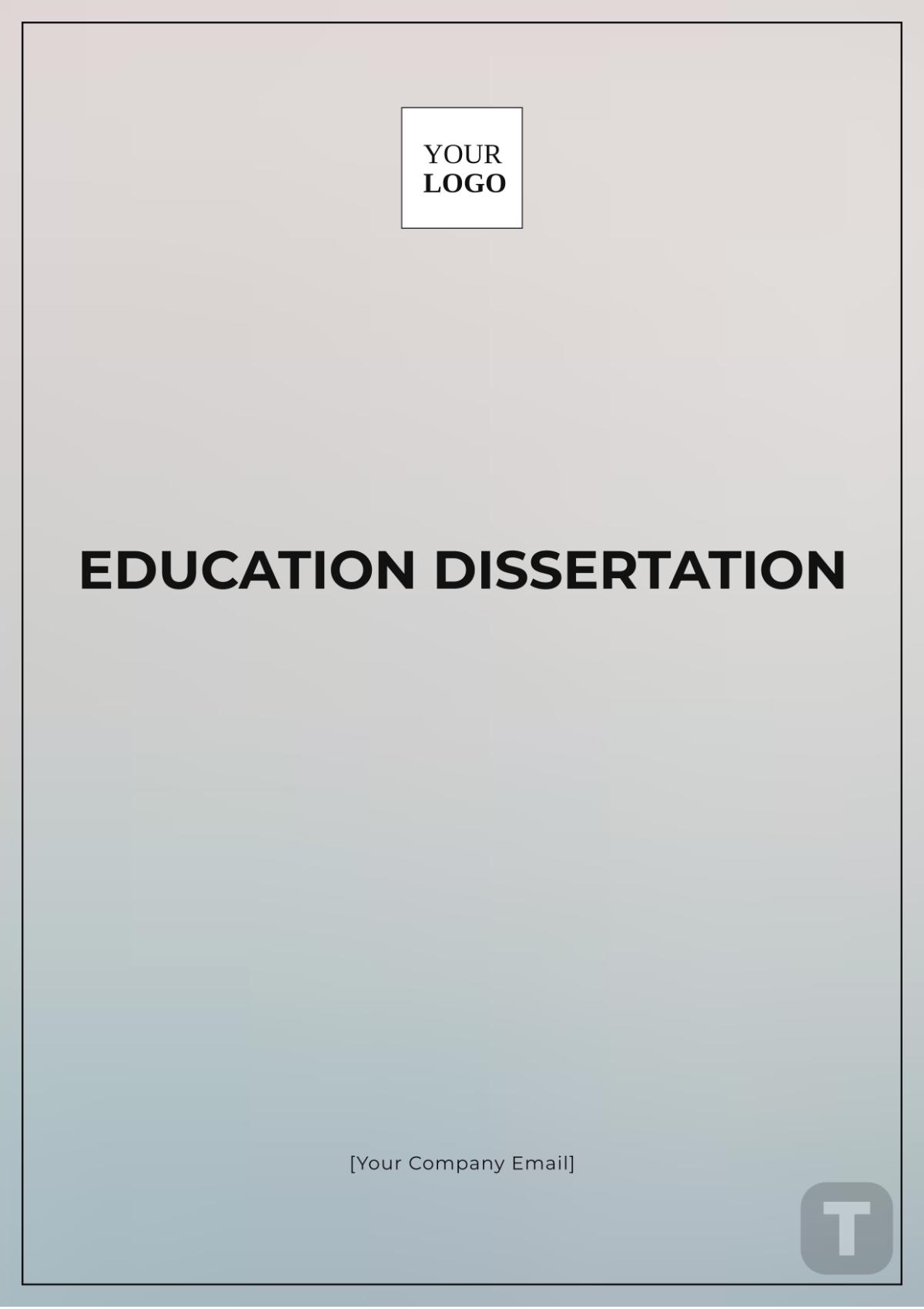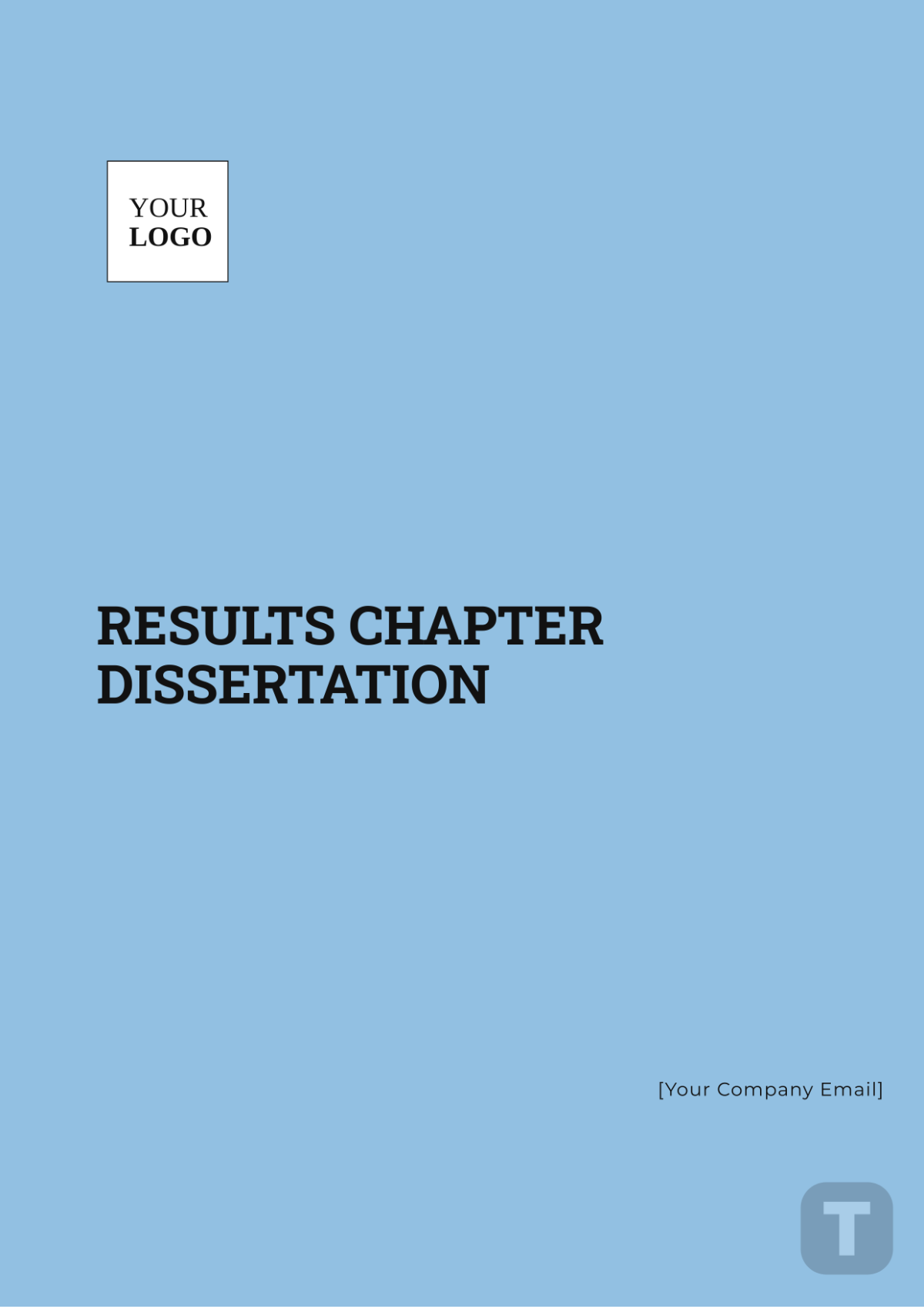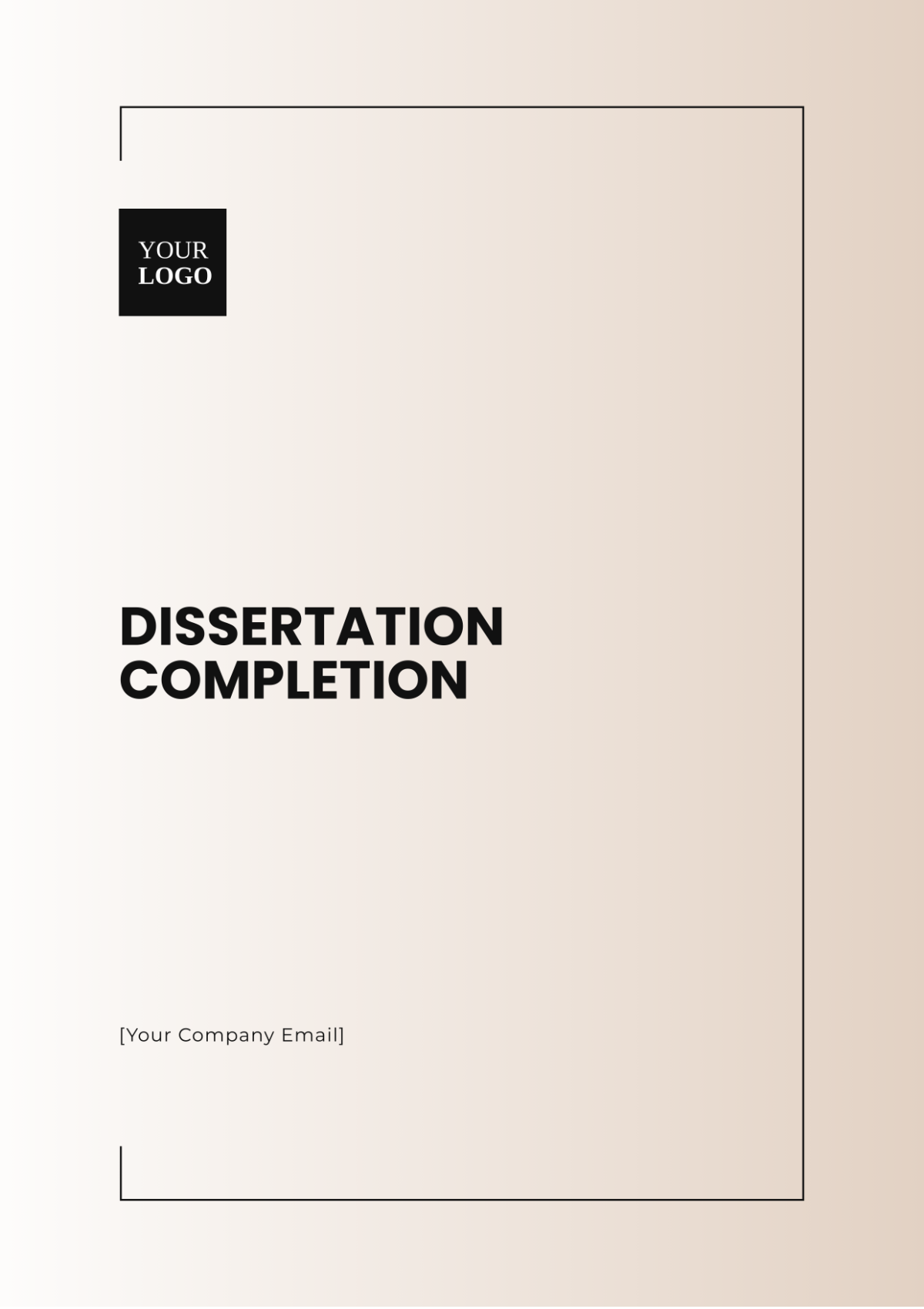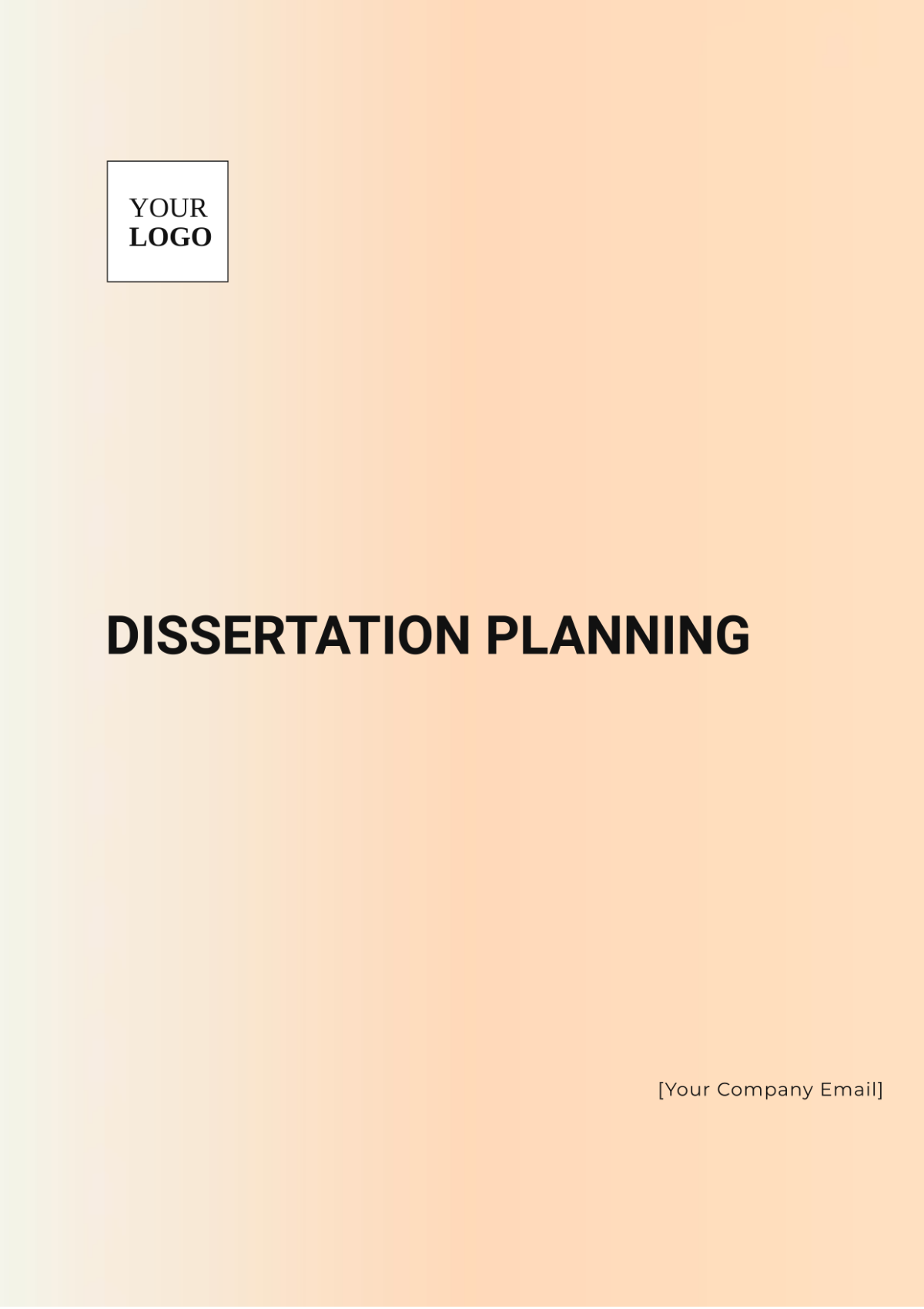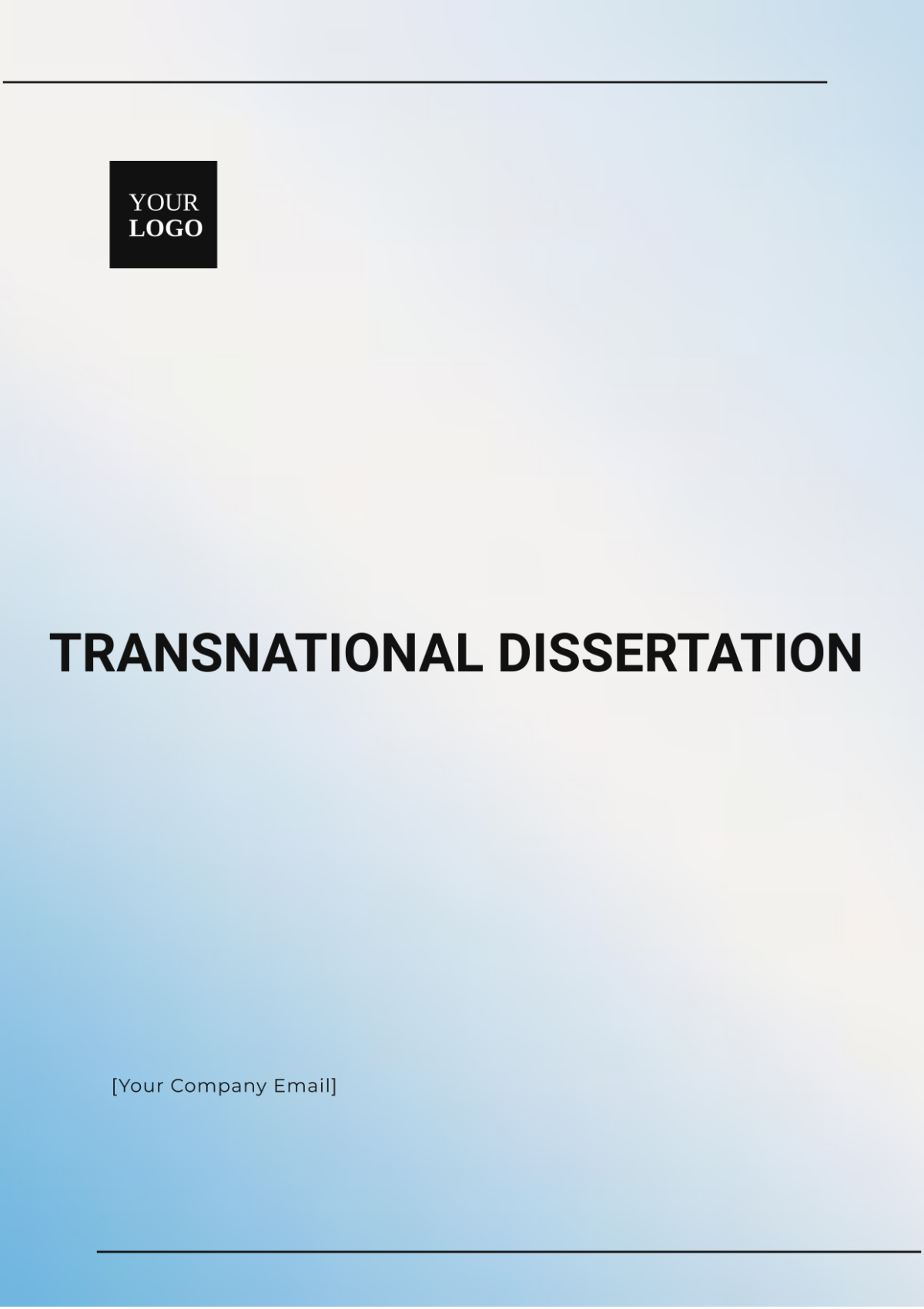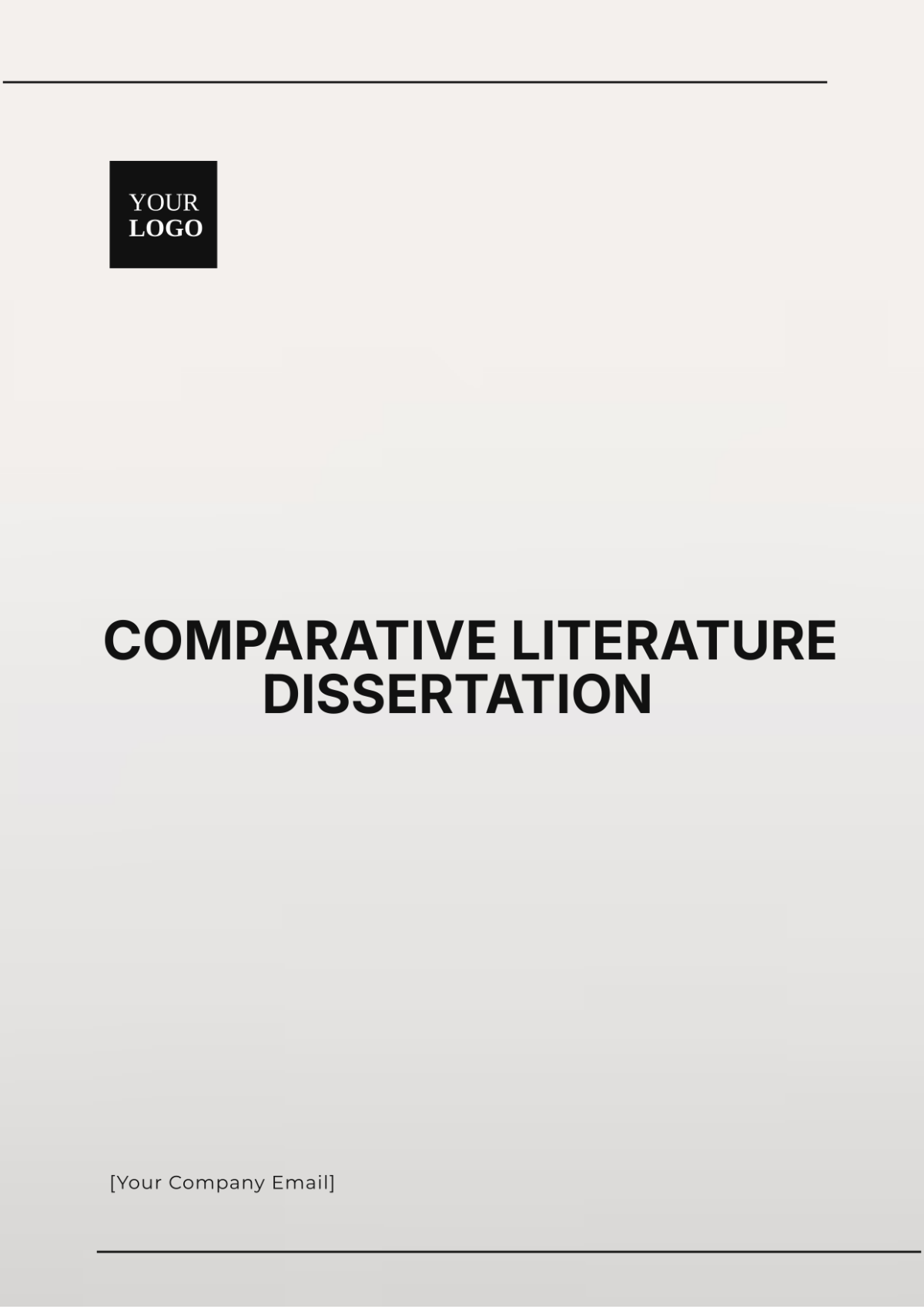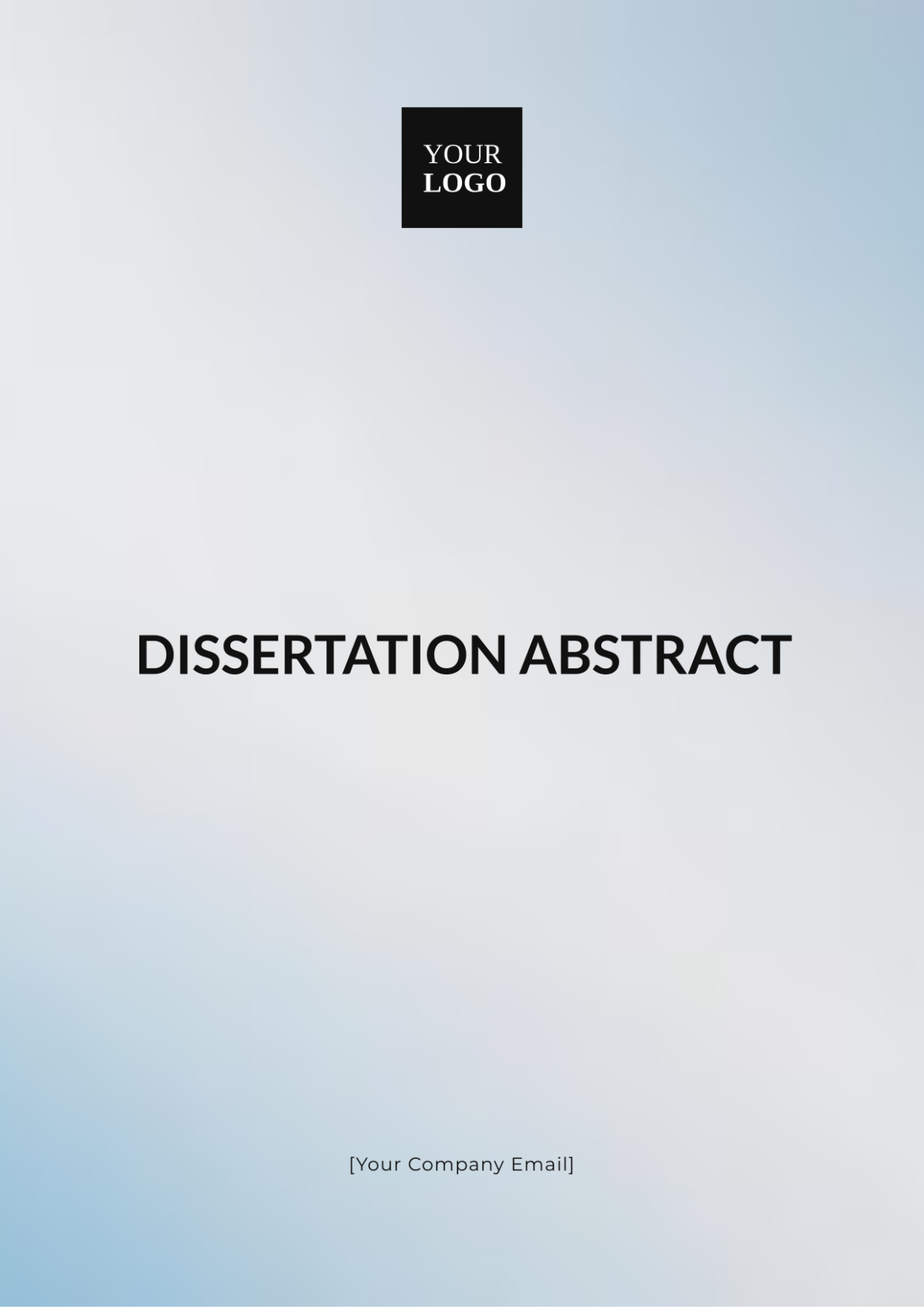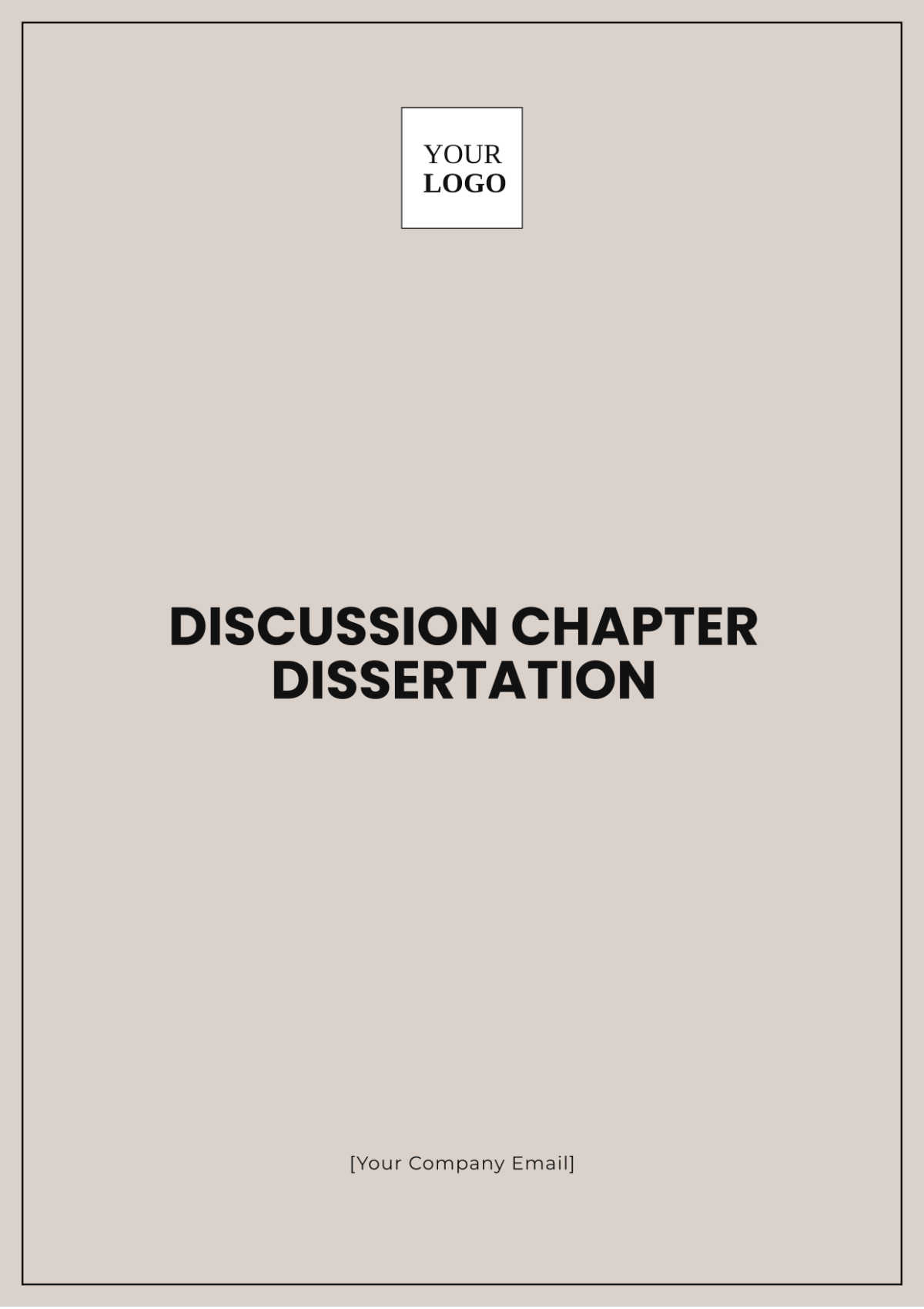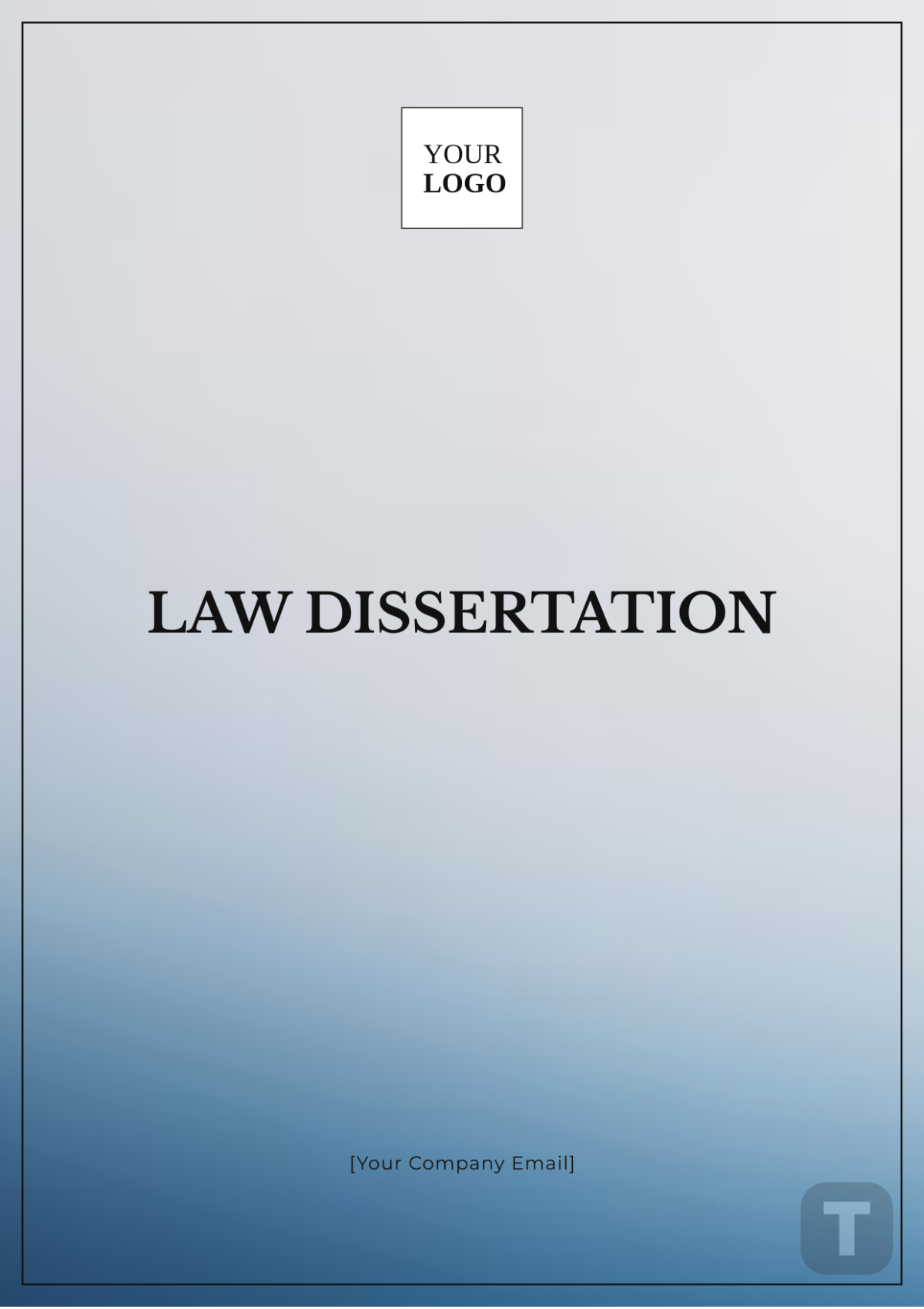International Relations Dissertation
I. Introduction
International relations as a field encompasses the complex interactions between states, international organizations, non-governmental organizations, and multinational corporations. It involves studying political, economic, social, and legal dynamics that influence global affairs.
II. Literature Review
A. Theoretical Foundations
Various theories underpin the study of international relations, providing different lenses through which to interpret global interactions. Key theories include:
Realism
Liberalism
Constructivism
Marxism
Feminism
B. Key Historical Milestones
Understanding historical context is pivotal in studying international relations. Some significant milestones include:
The Peace of Westphalia (1648)
World War I and the League of Nations (1919)
World War II and the United Nations (1945)
The Cold War (1947–1991)
Post-Cold War Order (1991–present)
III. Methodology
A. Research Design
This dissertation adopts a mixed-method approach, integrating both qualitative and quantitative research methods.
B. Data Collection
Data collection involves a combination of primary and secondary sources, including:
Surveys and questionnaires
Interviews with experts
Archival research
Analysis of existing literature
C. Data Analysis
The collected data will be analyzed using statistical tools for quantitative data and thematic analysis for qualitative data.
D. Case Studies
Case Study 1: The European Union
The European Union serves as a prime example of regional integration. Key areas of study include:
Economic policies and the Euro
Political integration and governance
Foreign and security policy of the EU
Case Study 2: The United Nations
The United Nations plays a critical role in maintaining international peace and security. Essential functions include:
Peacekeeping operations
Humanitarian assistance
International law and human rights
IV. Findings and Analysis
A. Global Power Dynamics
The balance of power is a central concept in international relations, reflecting shifts in geopolitical influence. Recent trends indicate:
rise of China as a global power
declining influence of the United States
Emergence of regional powers like India, Brazil, and South Africa
B. Impact of International Organizations
International organizations such as the WTO, IMF, and World Bank significantly impact global economics and development. Key contributions include:
Facilitating international trade
Providing financial stability
Promoting sustainable development
Organization | Primary Function | Key Impact |
|---|---|---|
World Trade Organization (WTO) | Regulates international trade | Reduces trade barriers |
International Monetary Fund (IMF) | Provides financial support | Ensures economic stability |
World Bank | Funds development projects | Alleviates poverty |
V. Conclusion
The field of international relations is continually evolving, shaped by dynamic global interactions. Addressing current challenges and leveraging opportunities requires integrated approaches and collaborative efforts at the international level.
VI. References
An expansive list of references, including academic books, peer-reviewed journals, and reputable online resources, is essential for a comprehensive understanding of international relations. Key references include:
Keohane, R. O., & Nye, J. S. (2051). Power and Interdependence.
Waltz, K. N. (1979). Theory of International Politics.
Tickner, J. A. (2051). Gendering World Politics.
Morgenthau, H. J. (2055). Politics Among Nations: The Struggle for Power and Peace.
